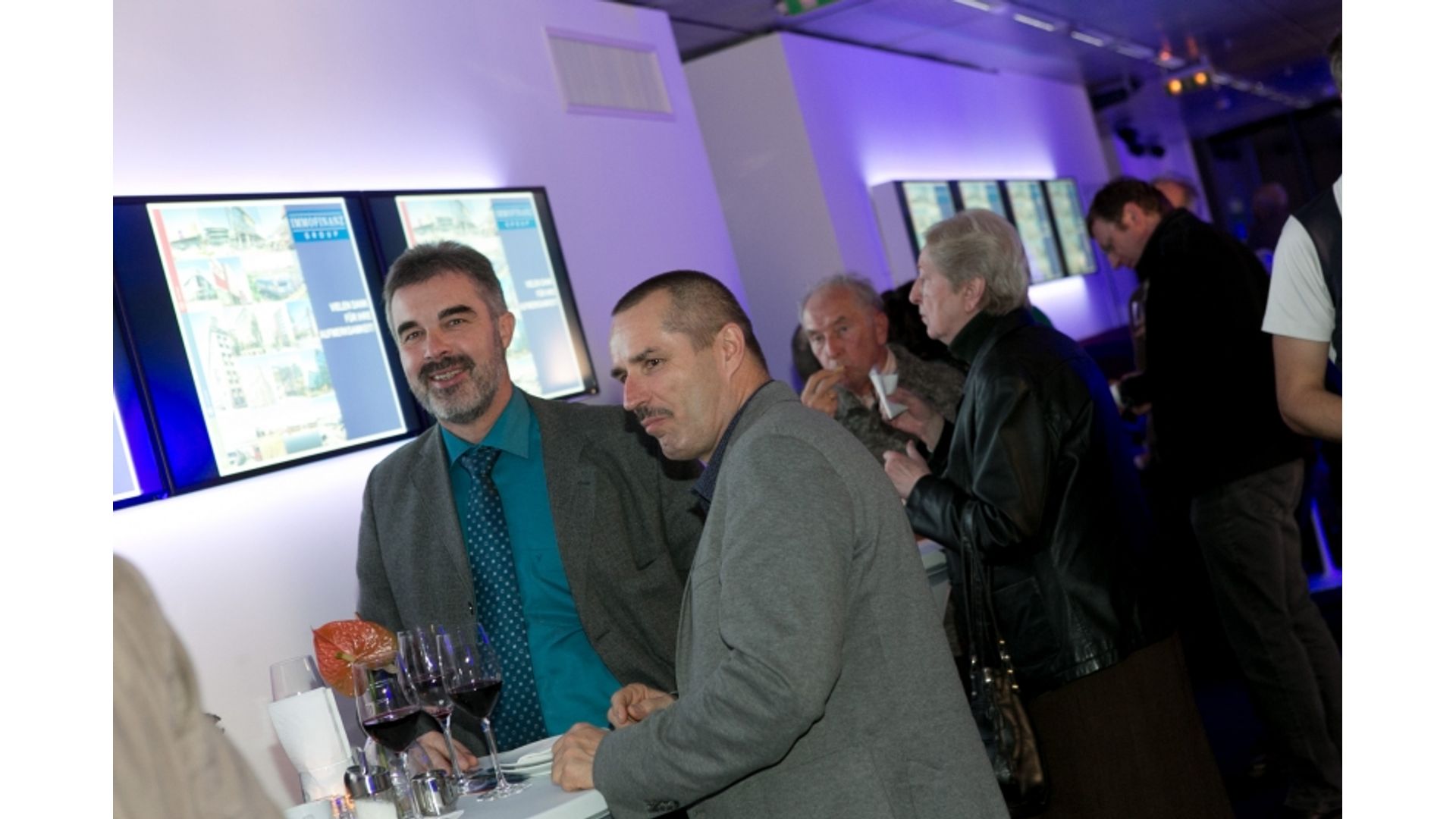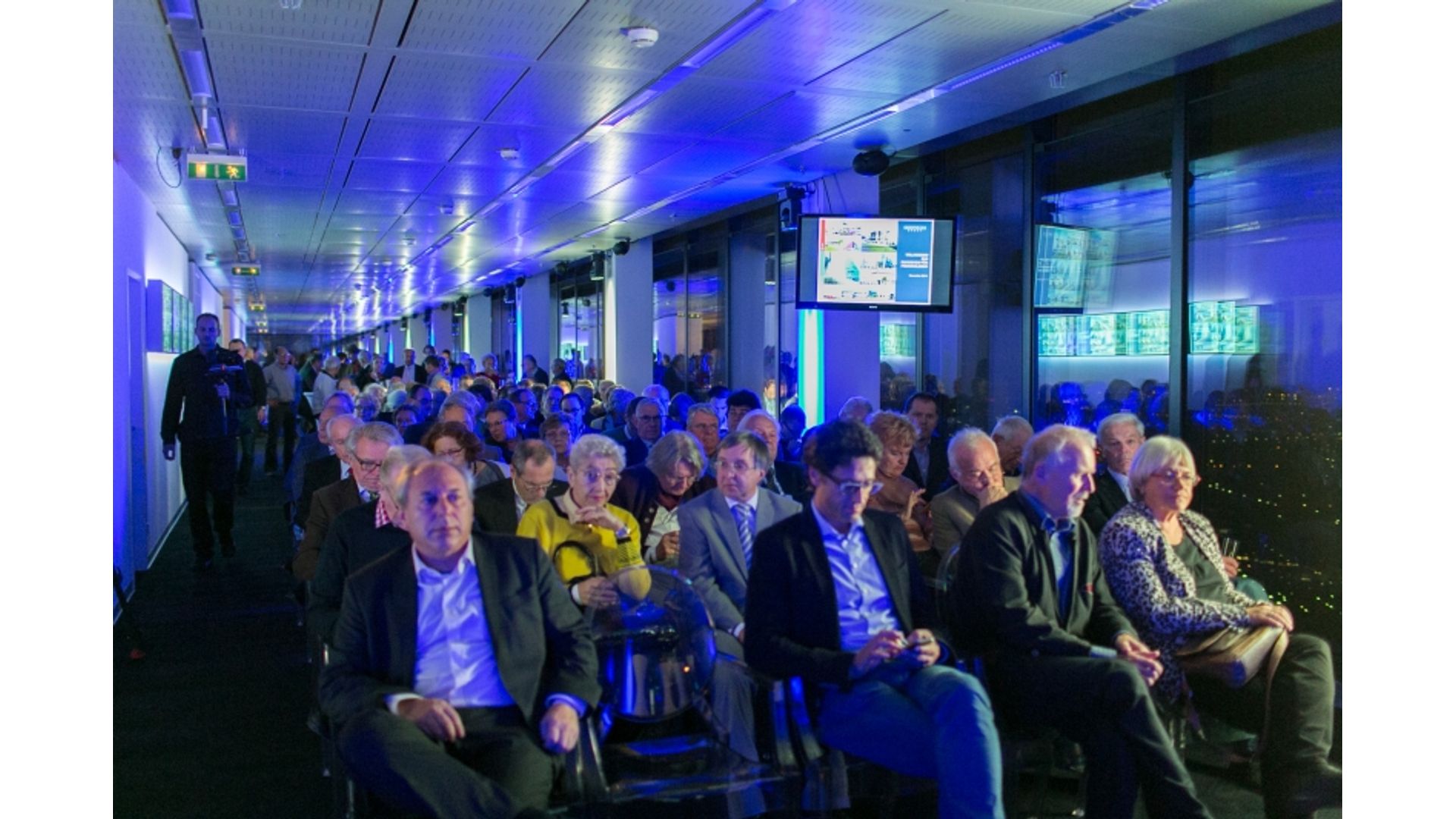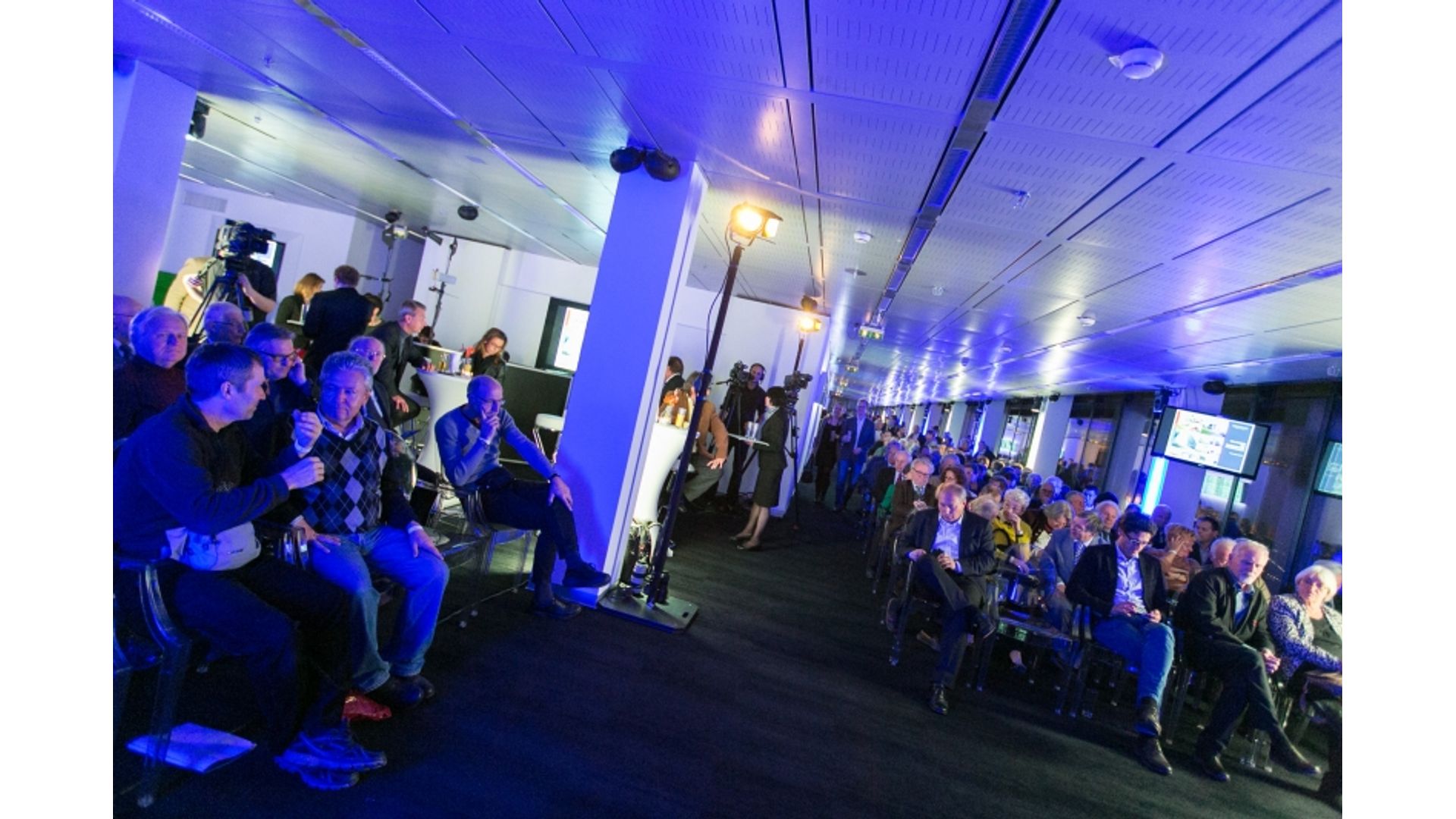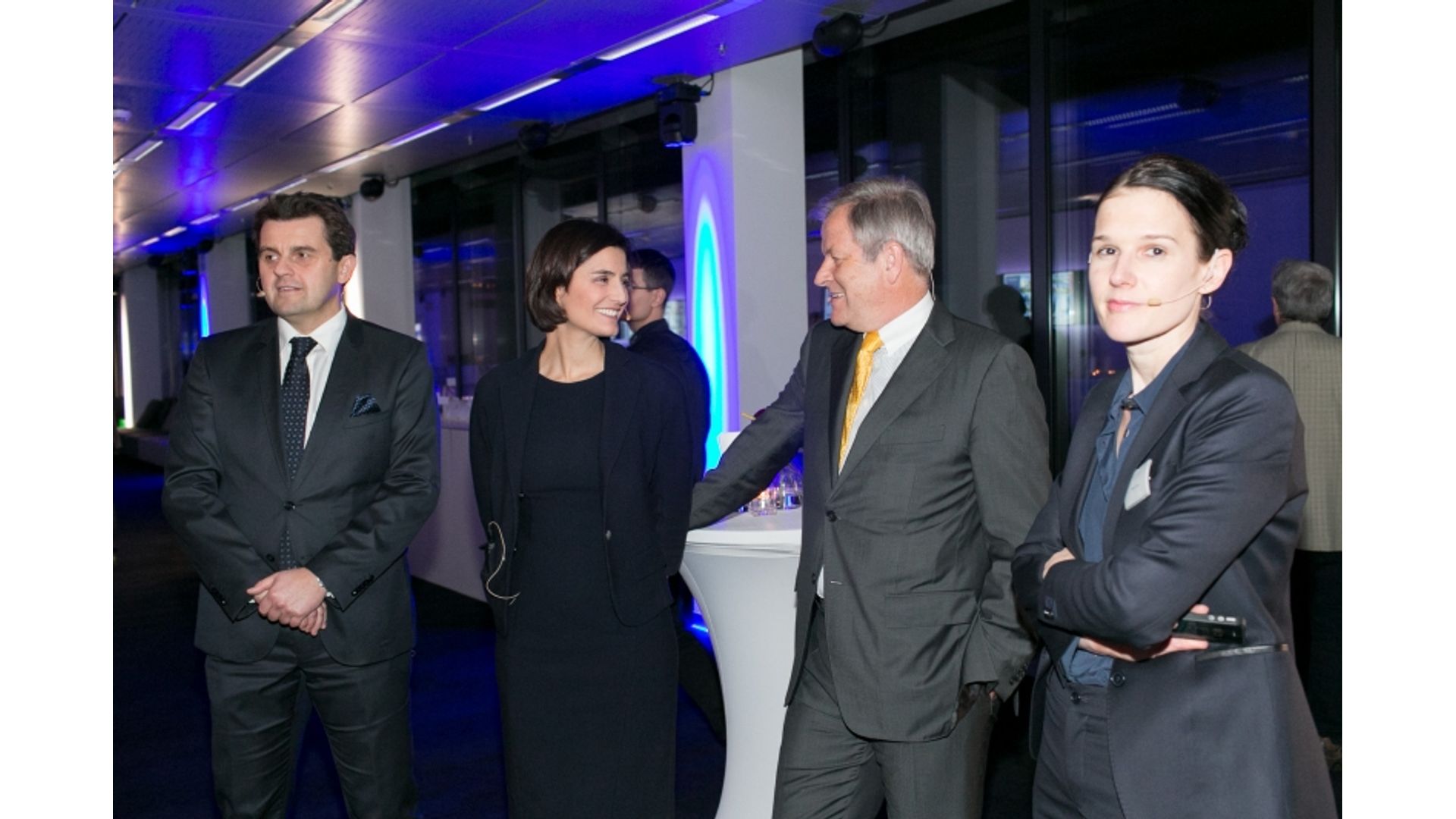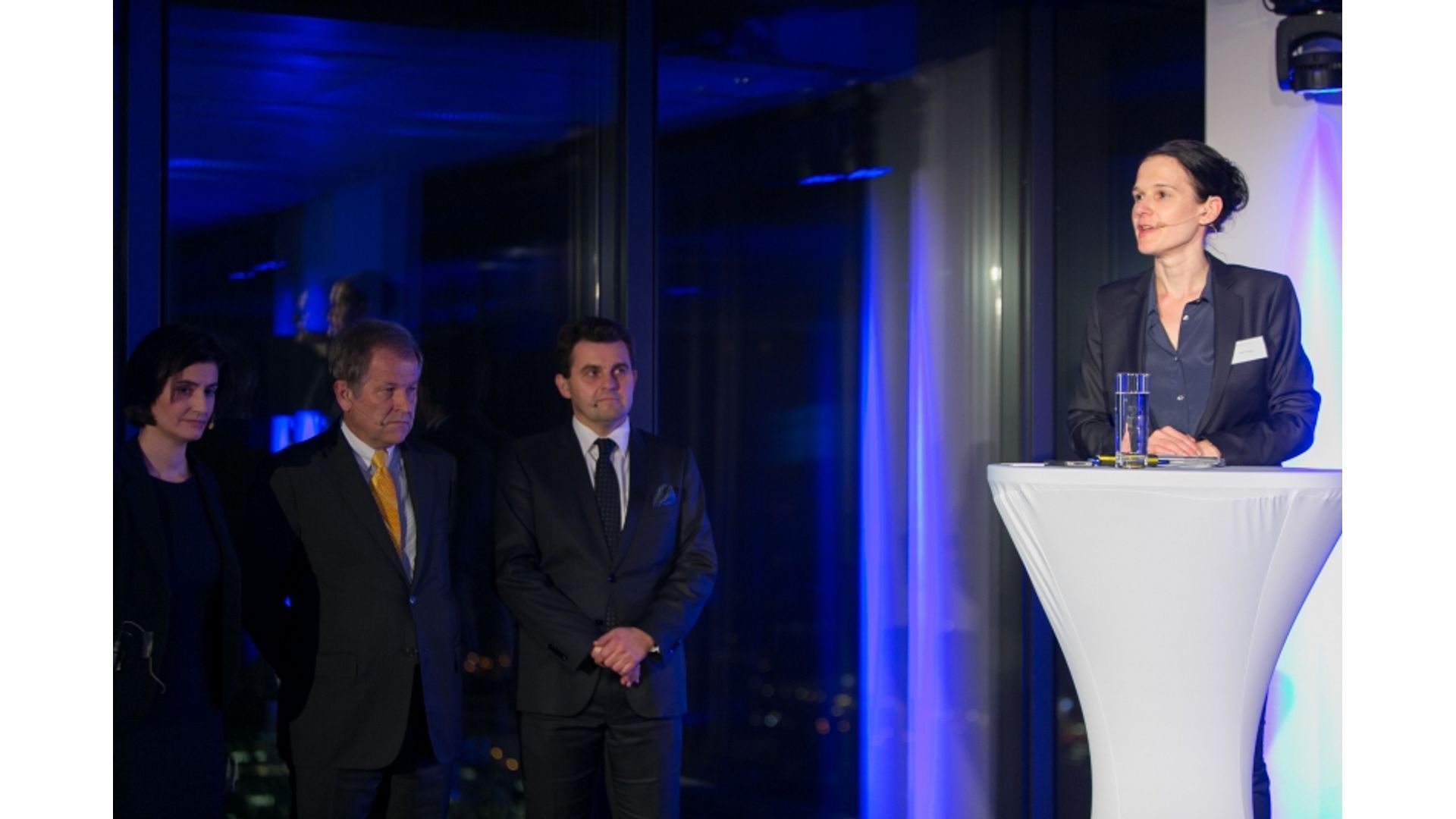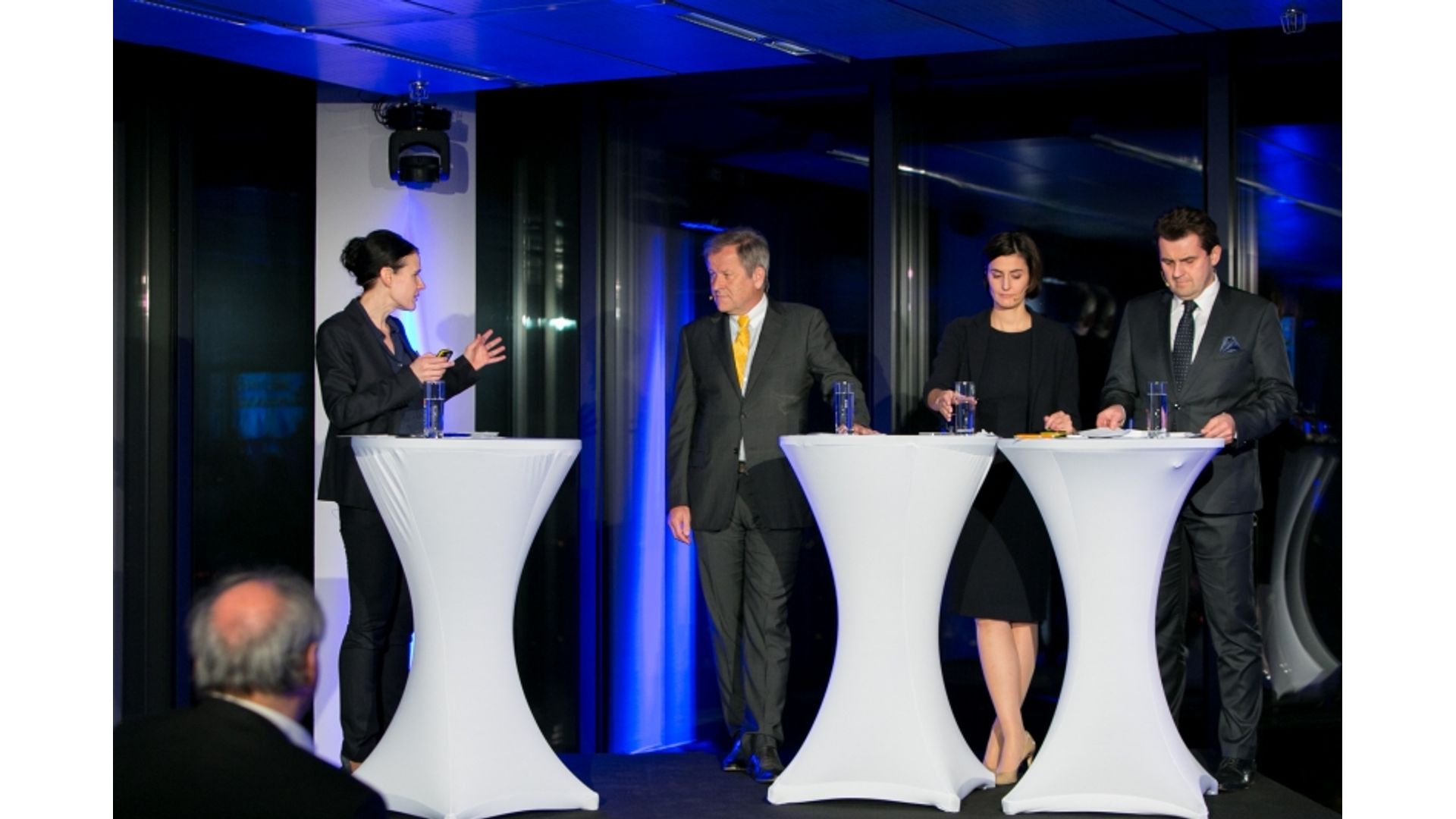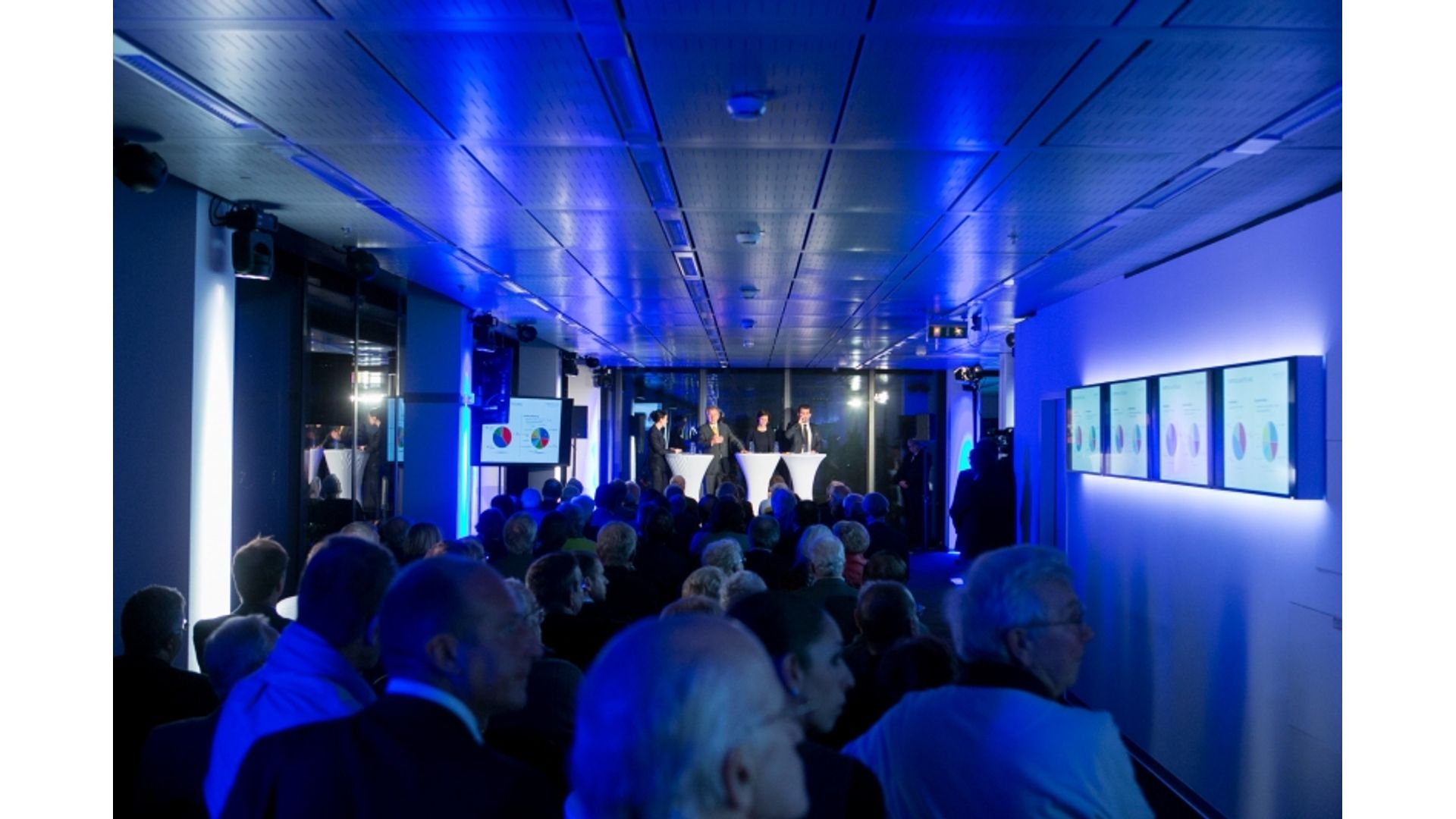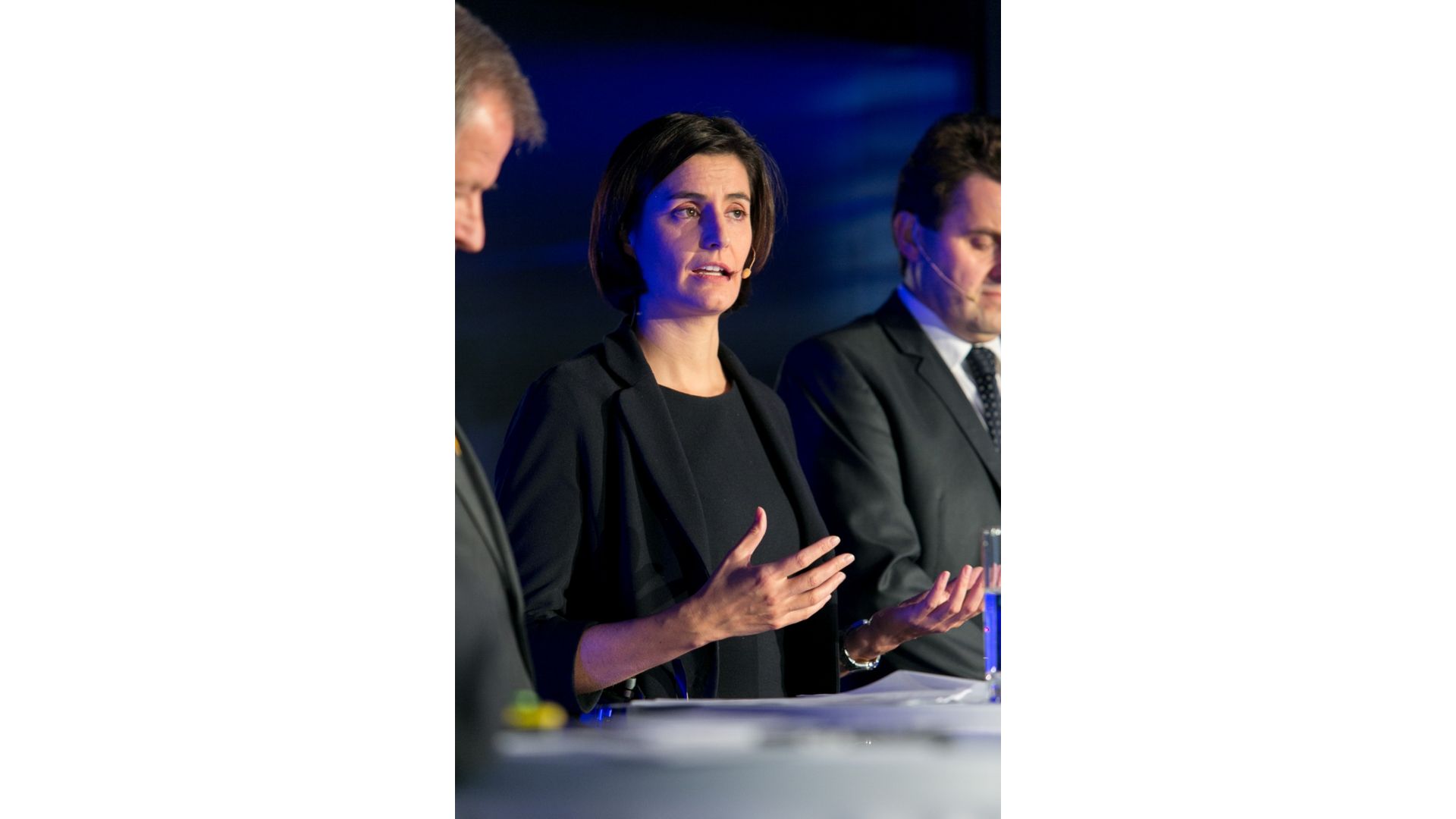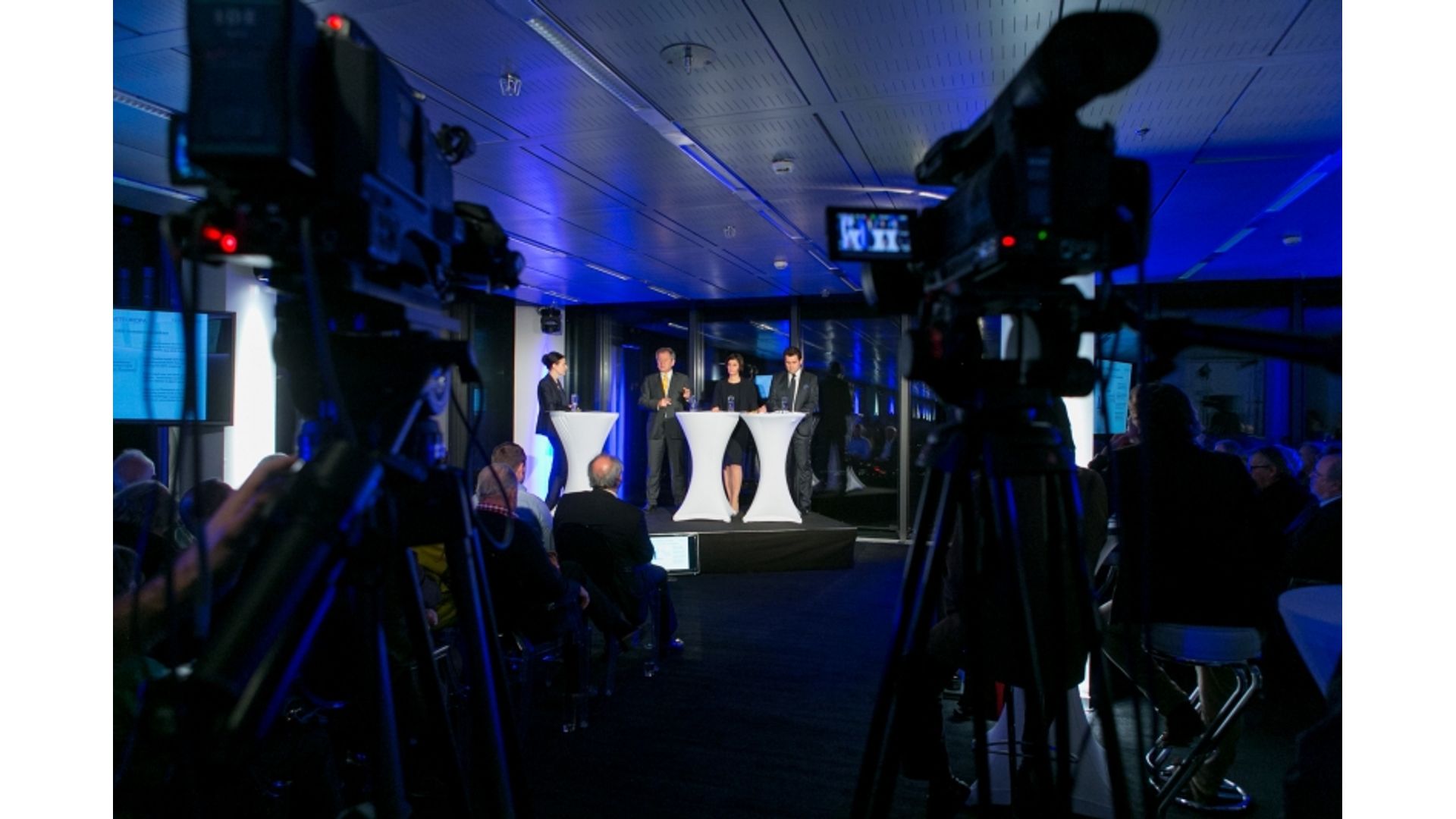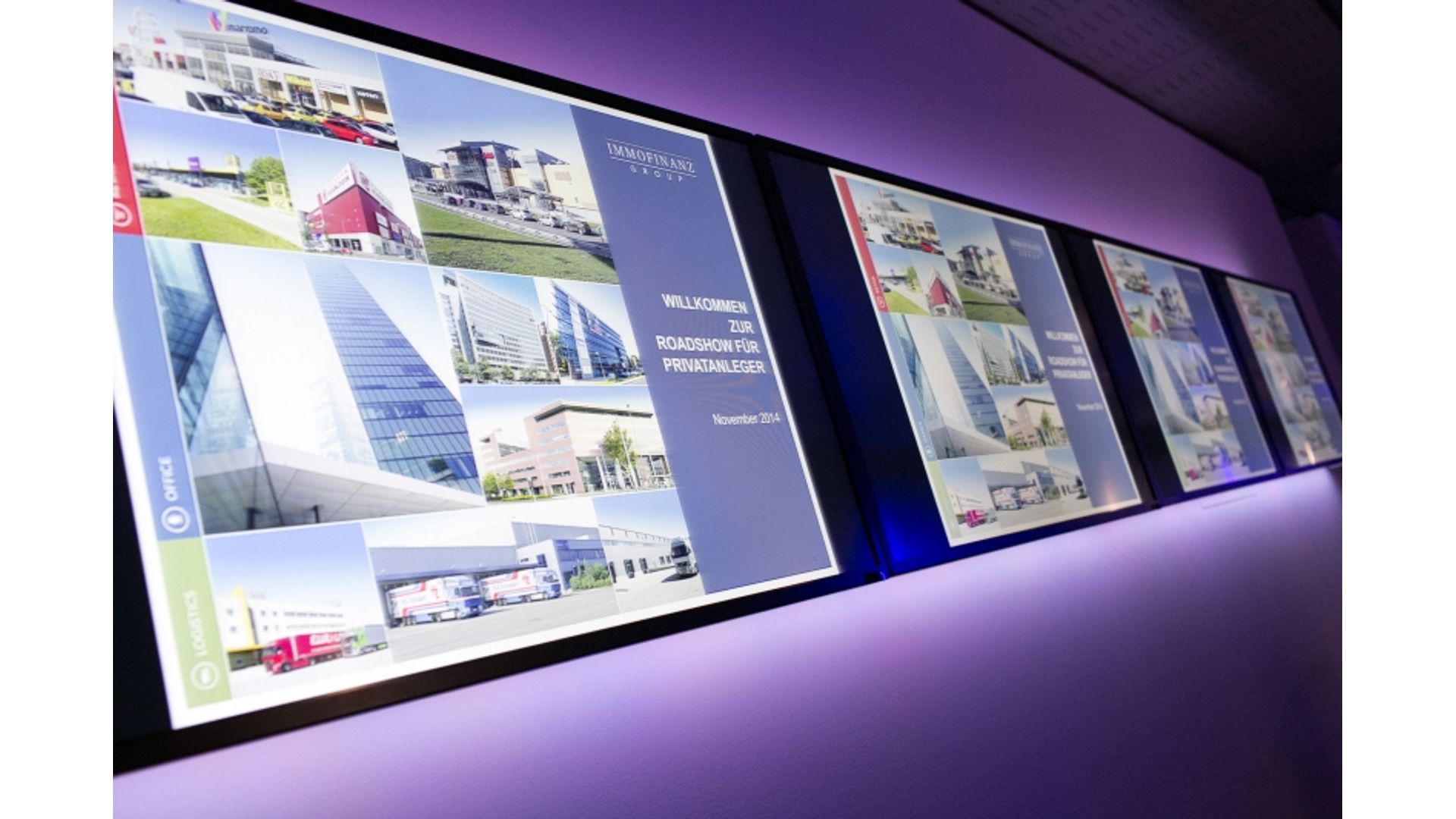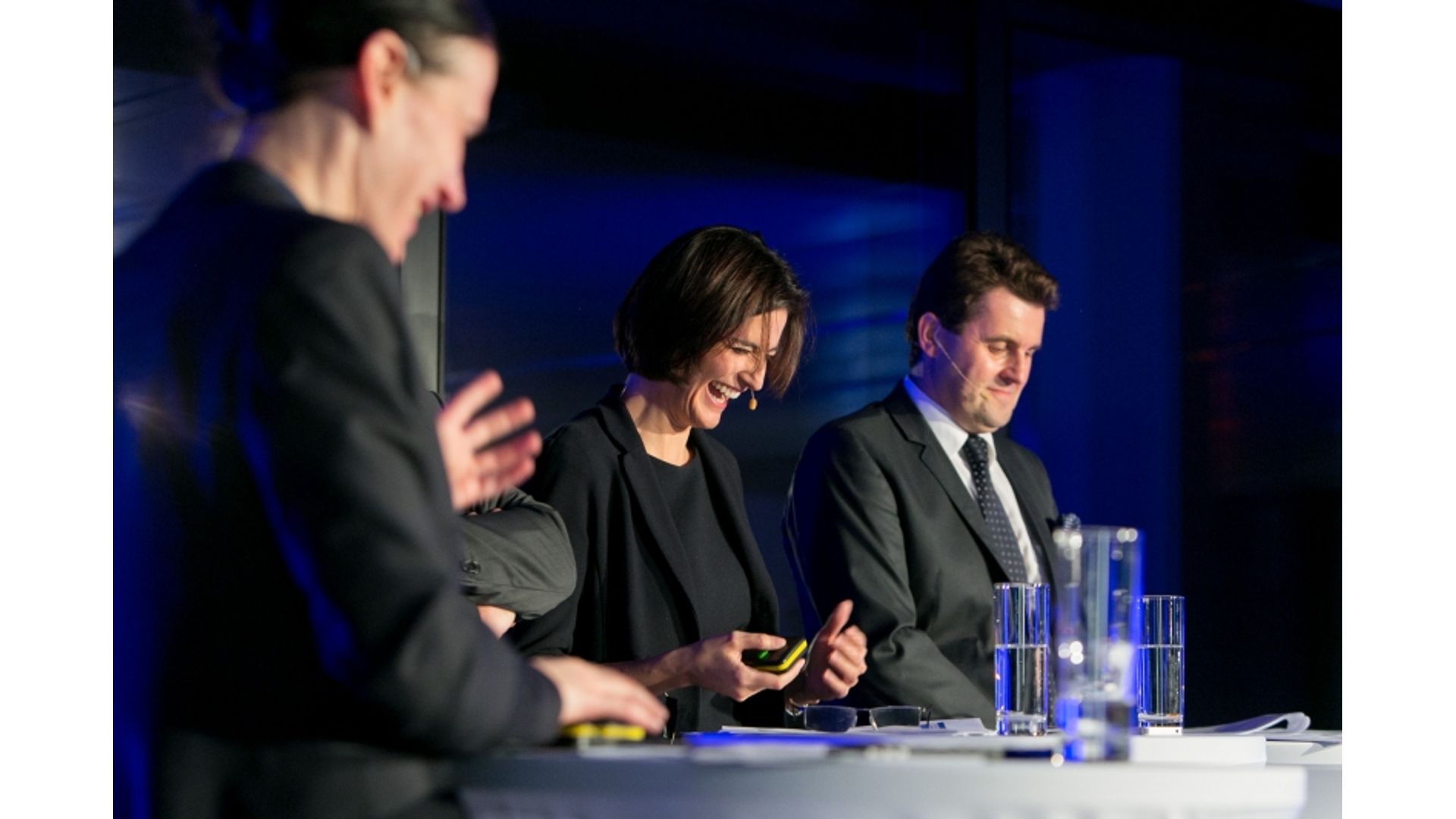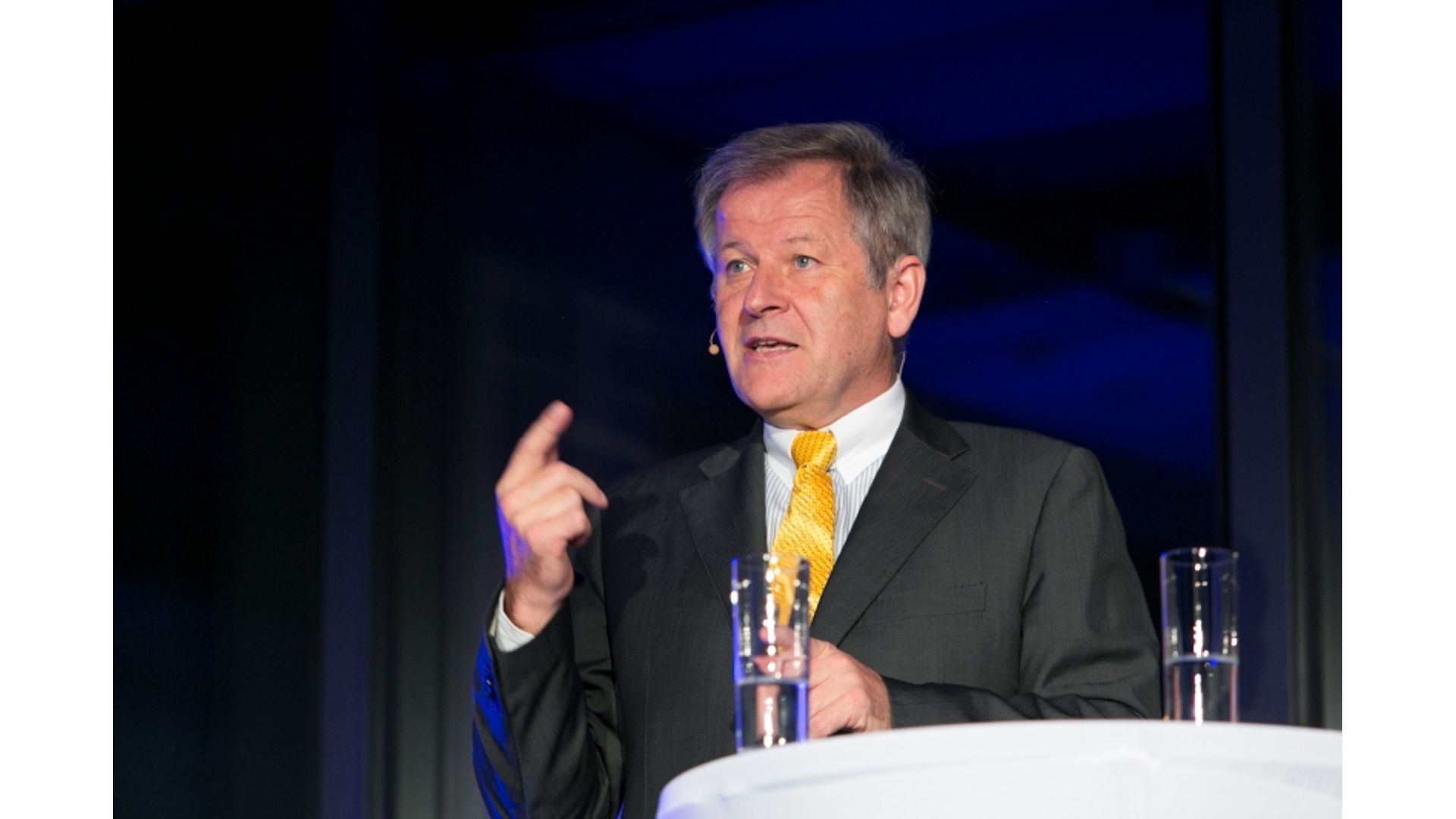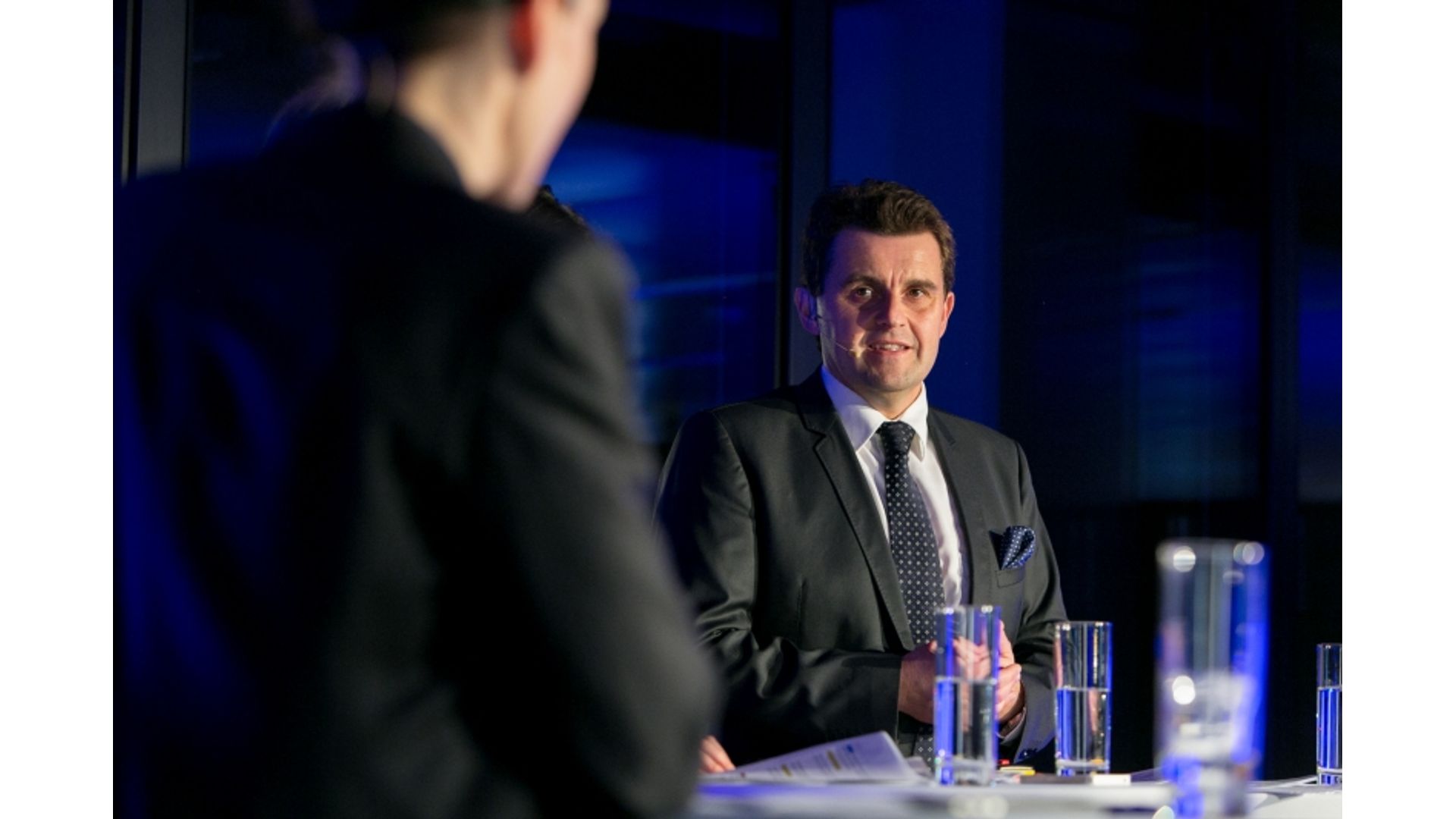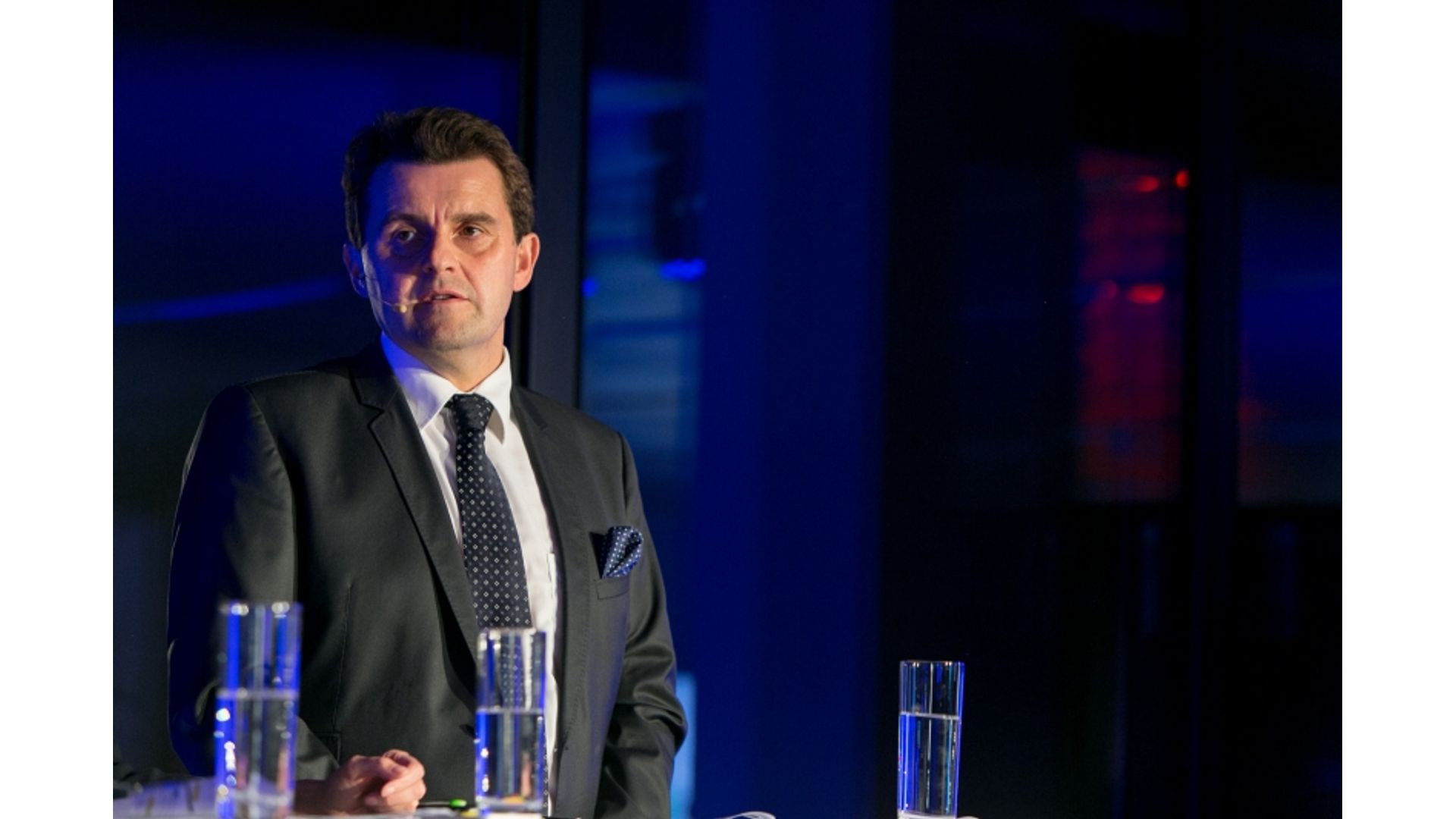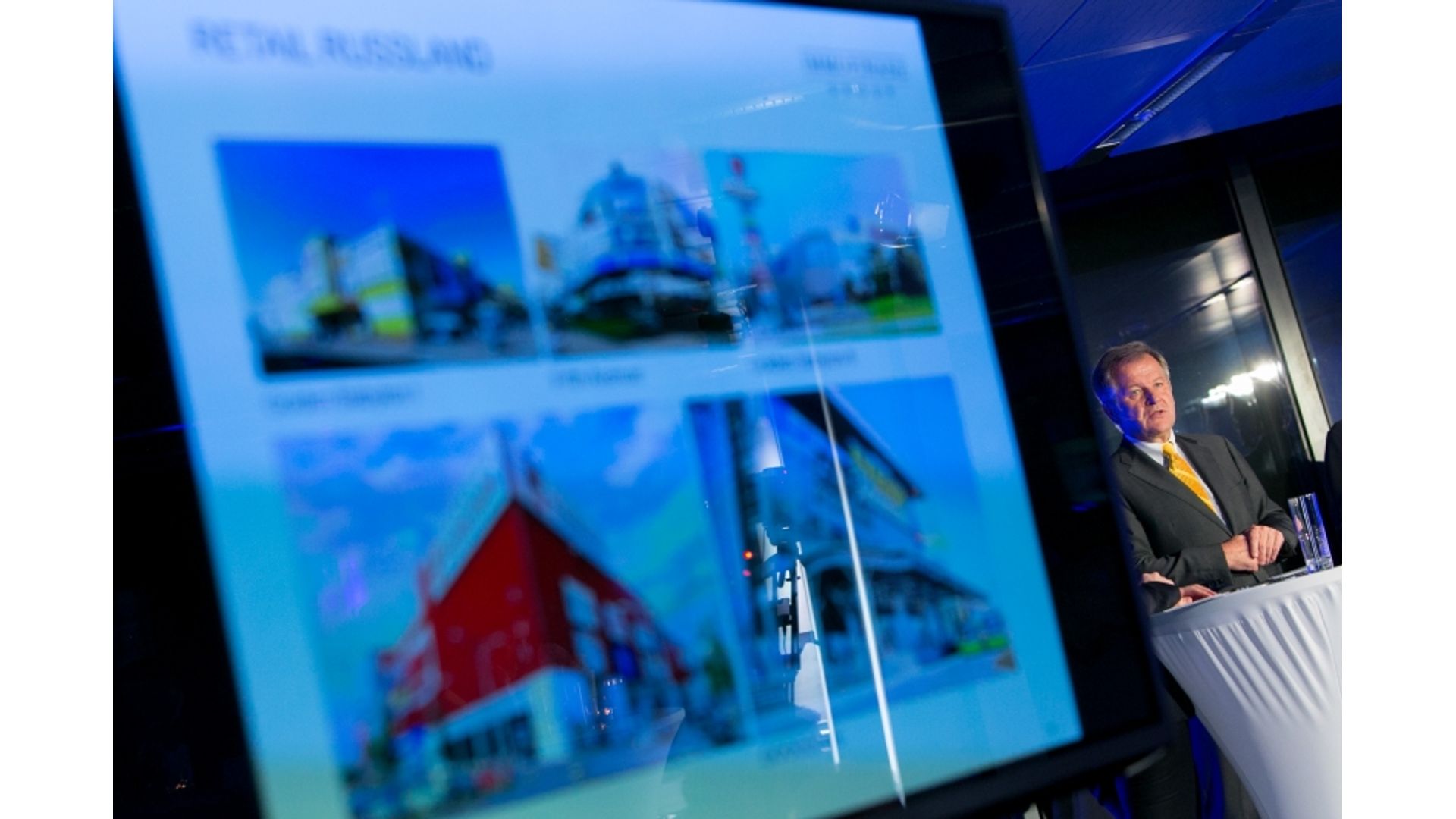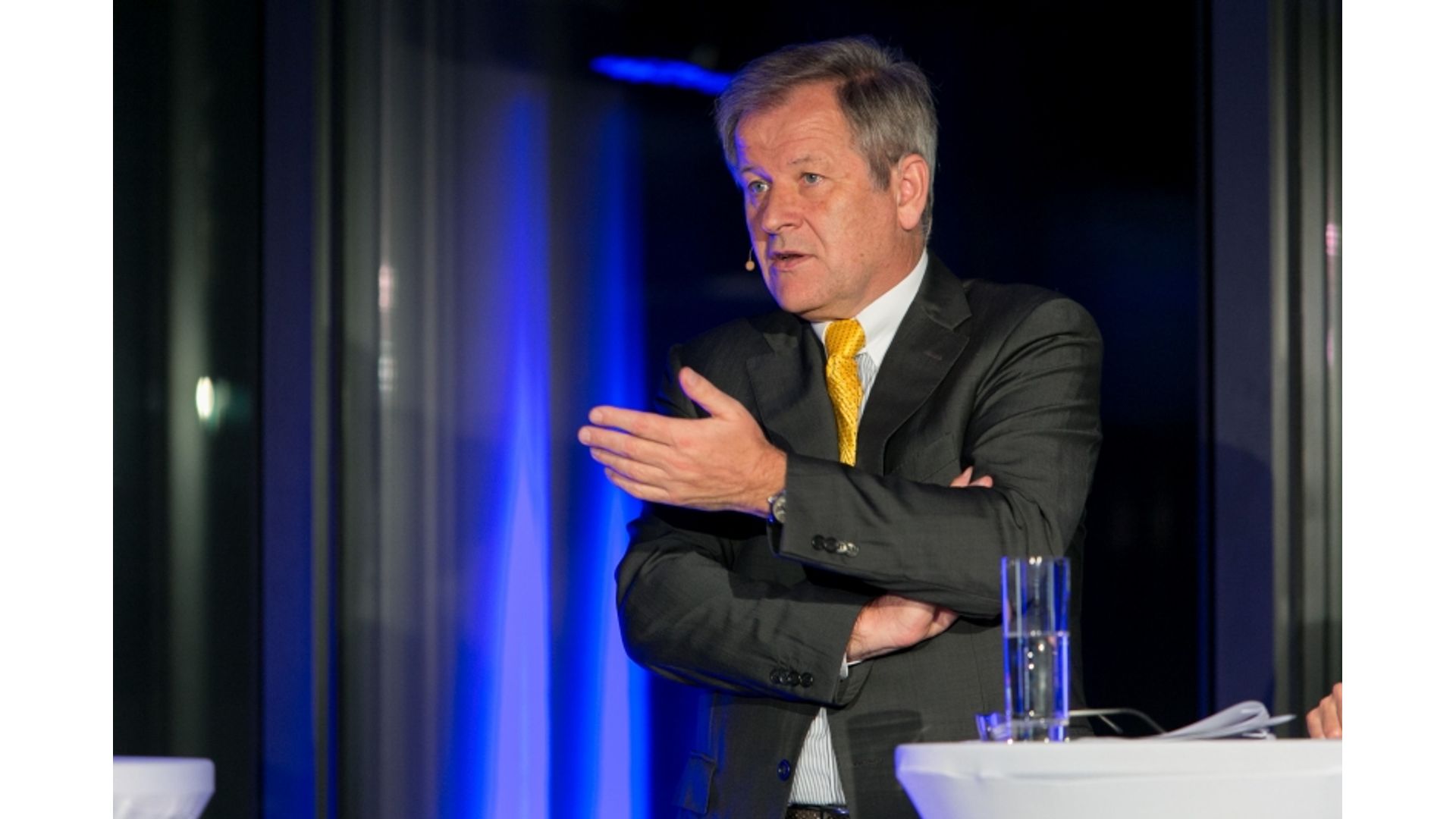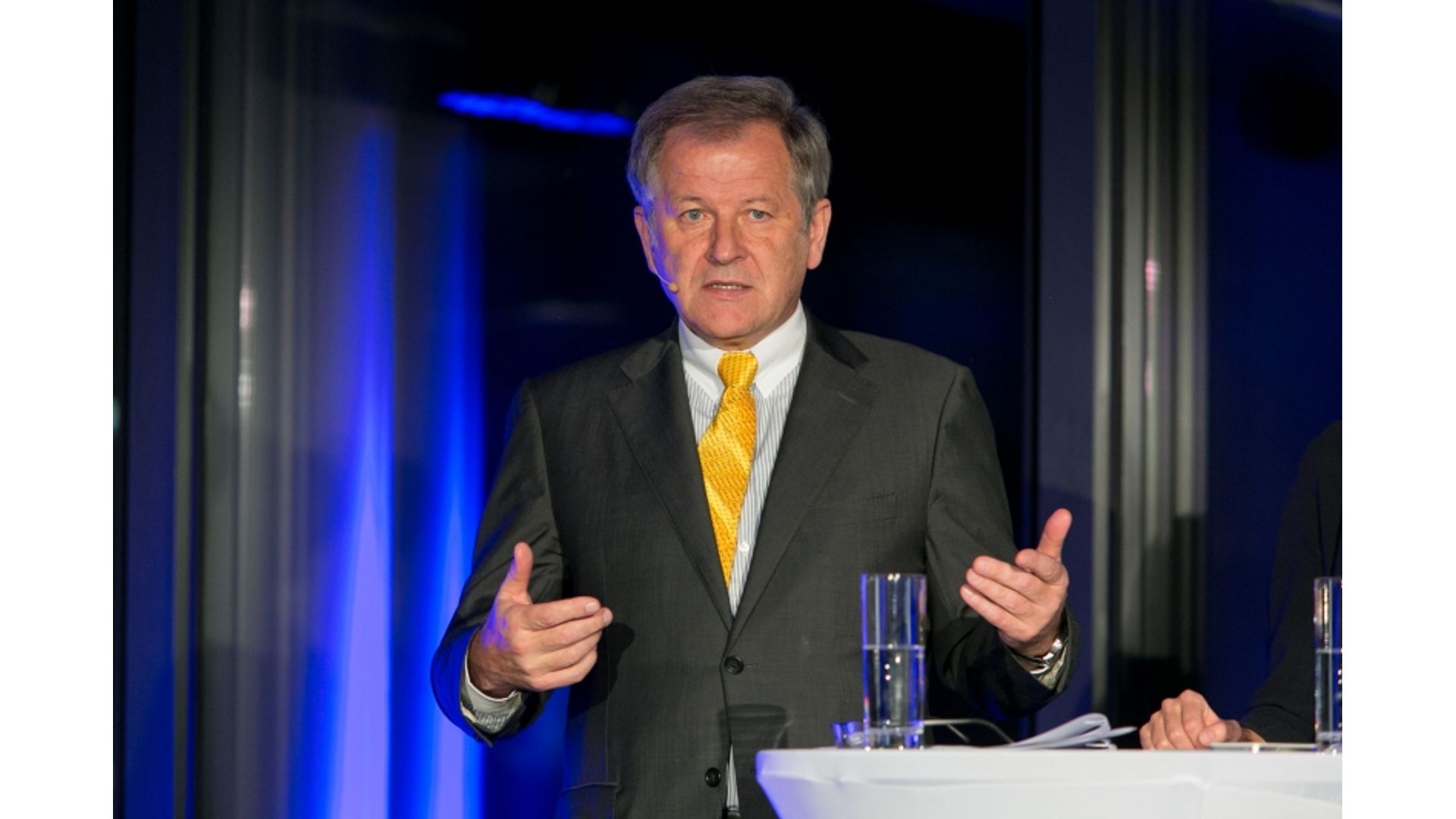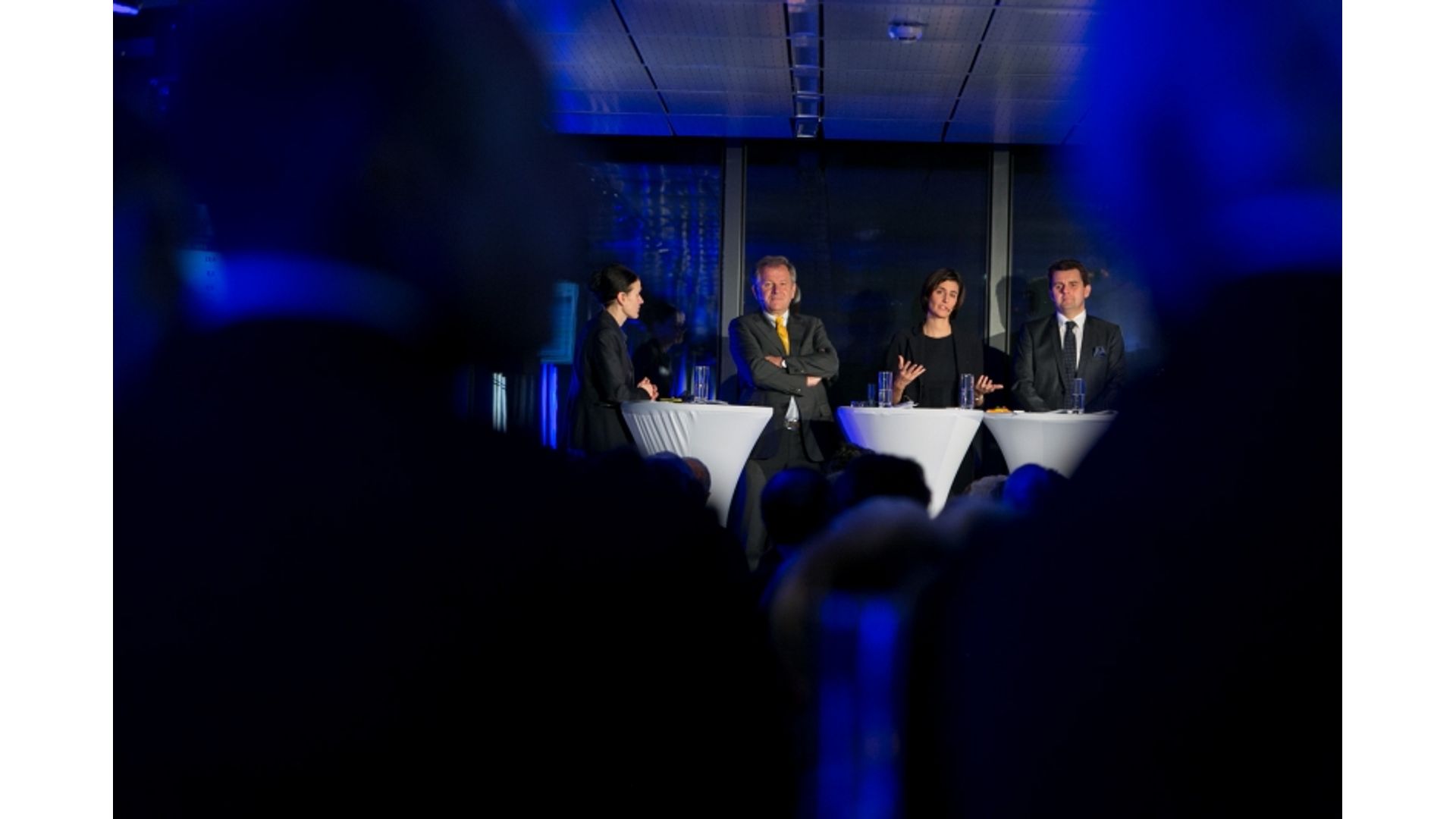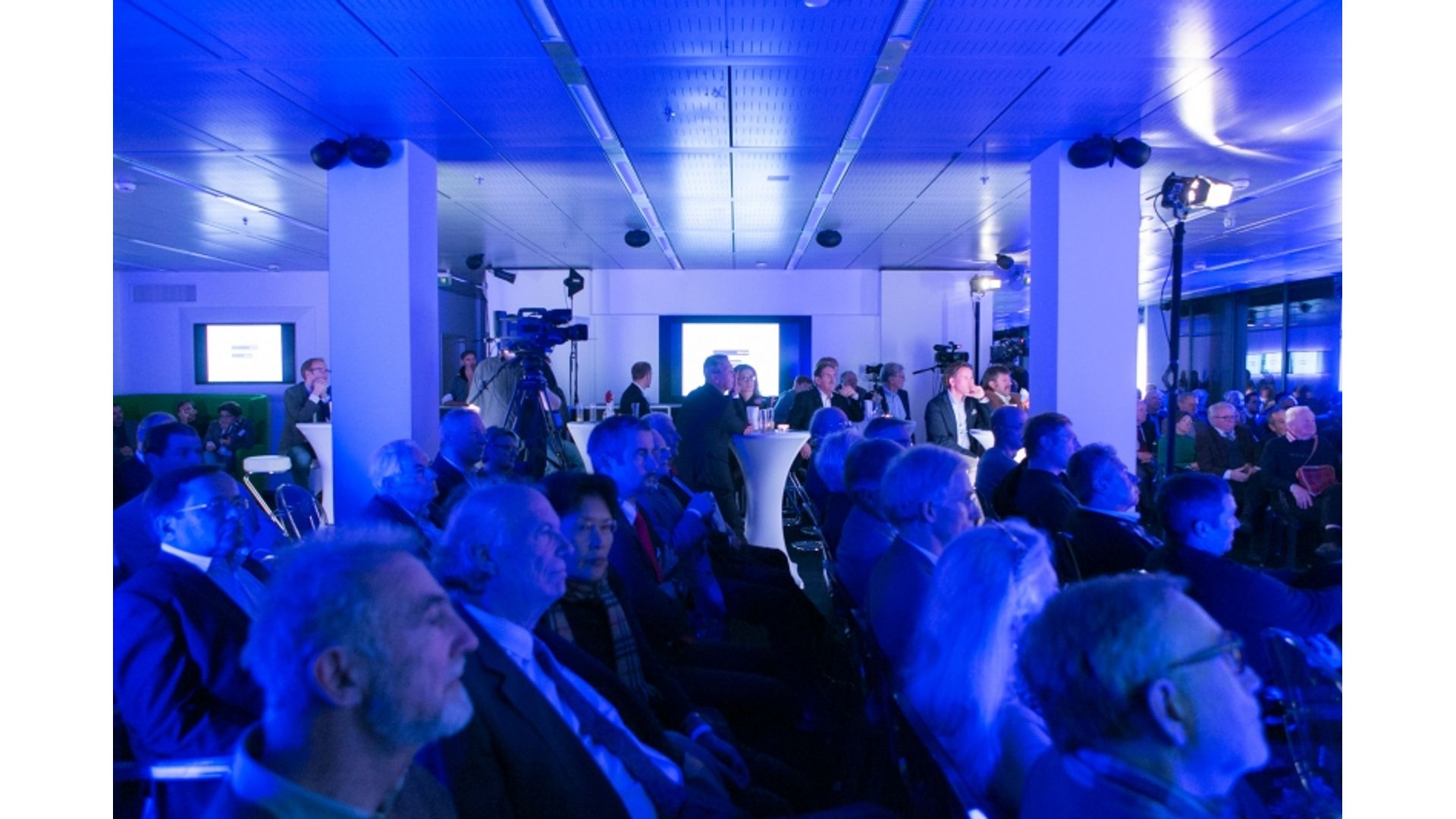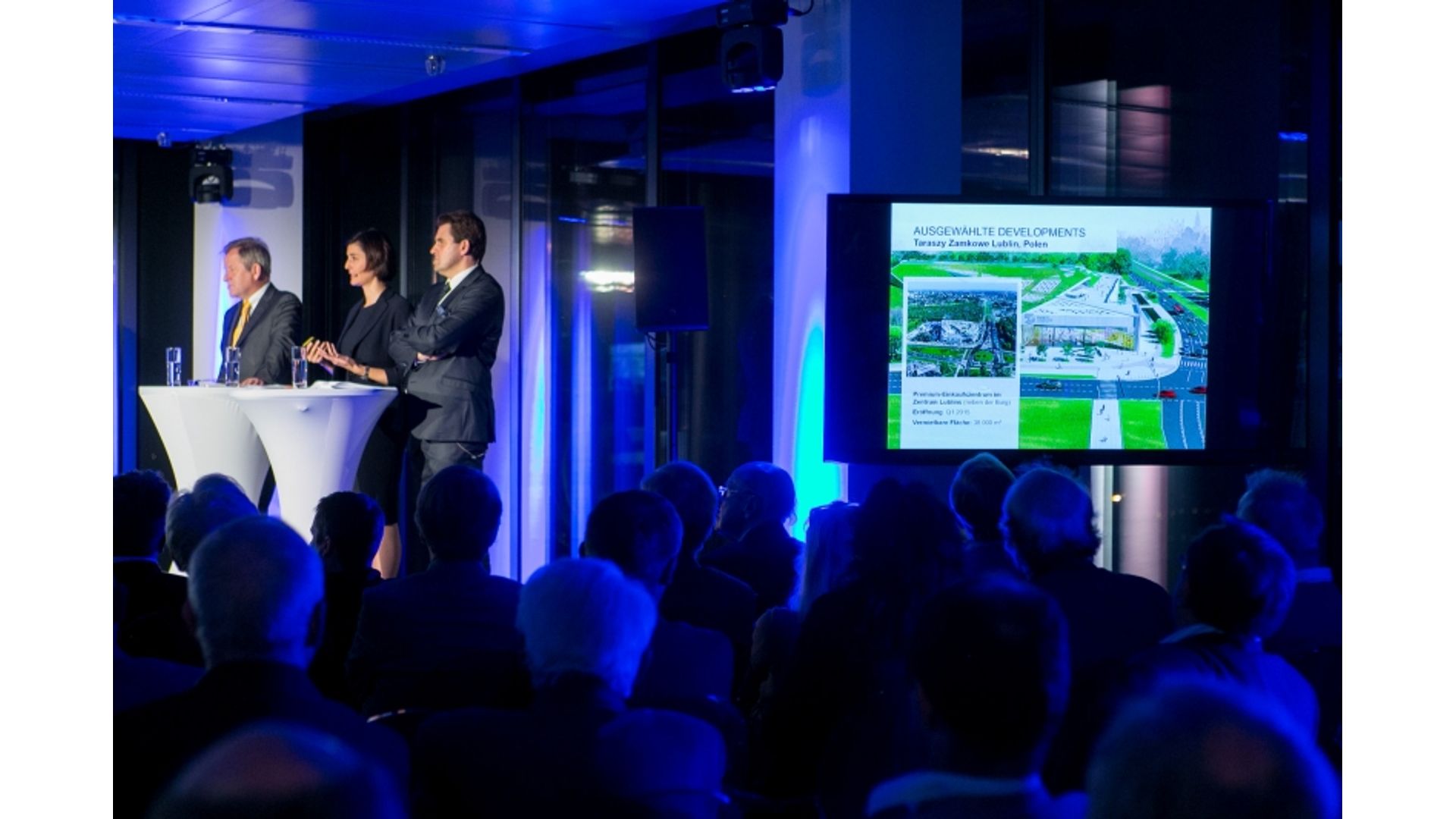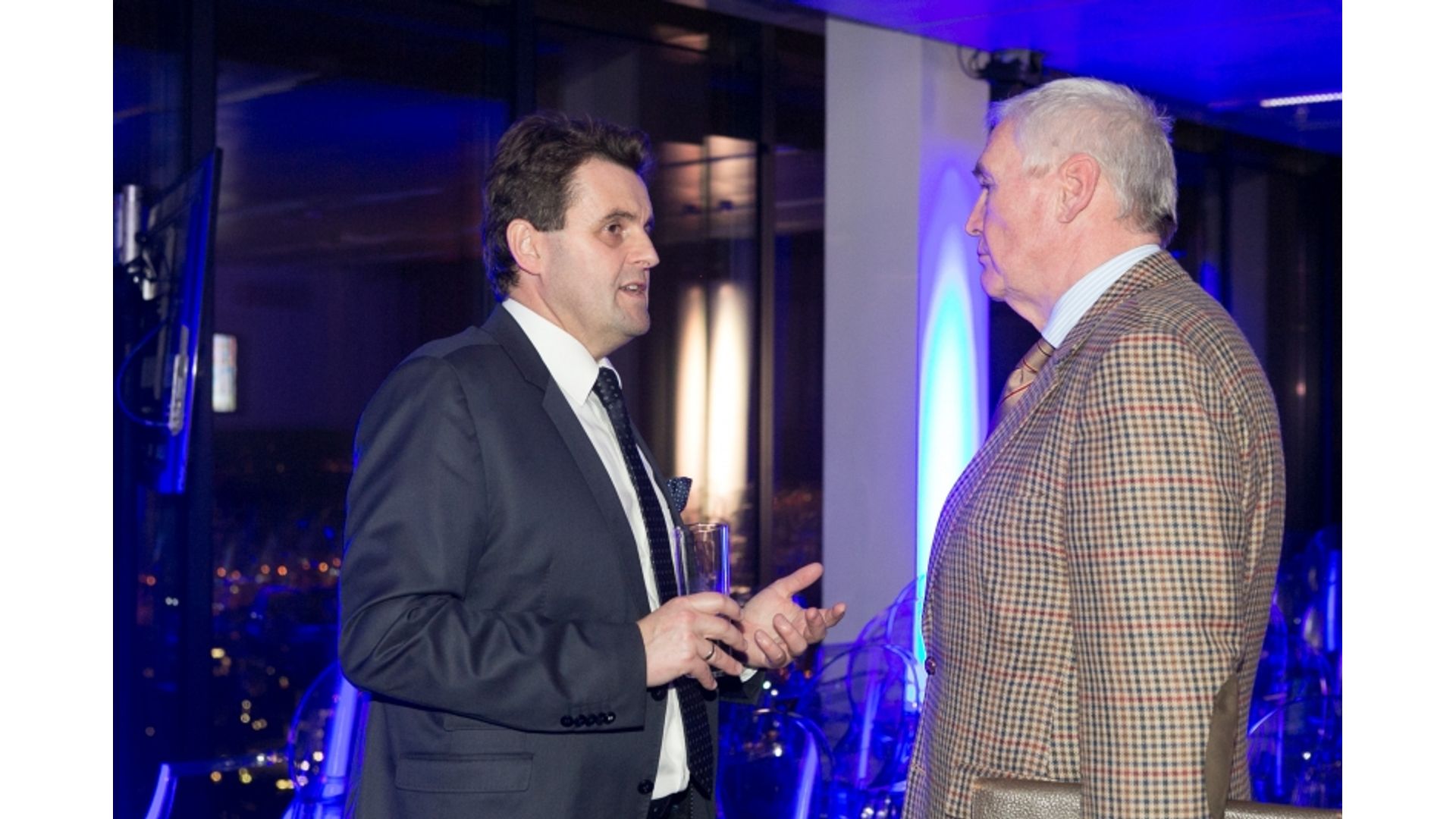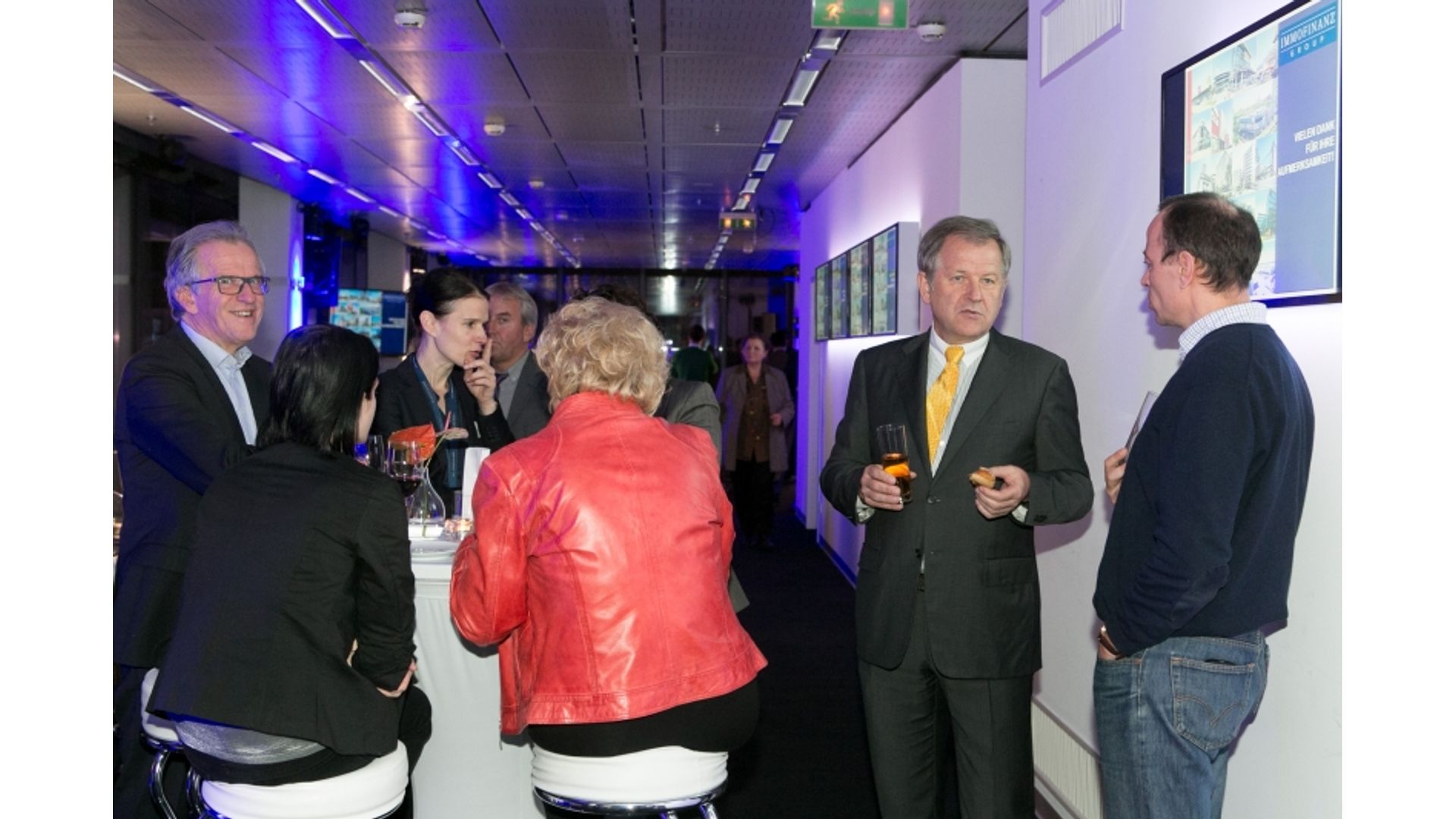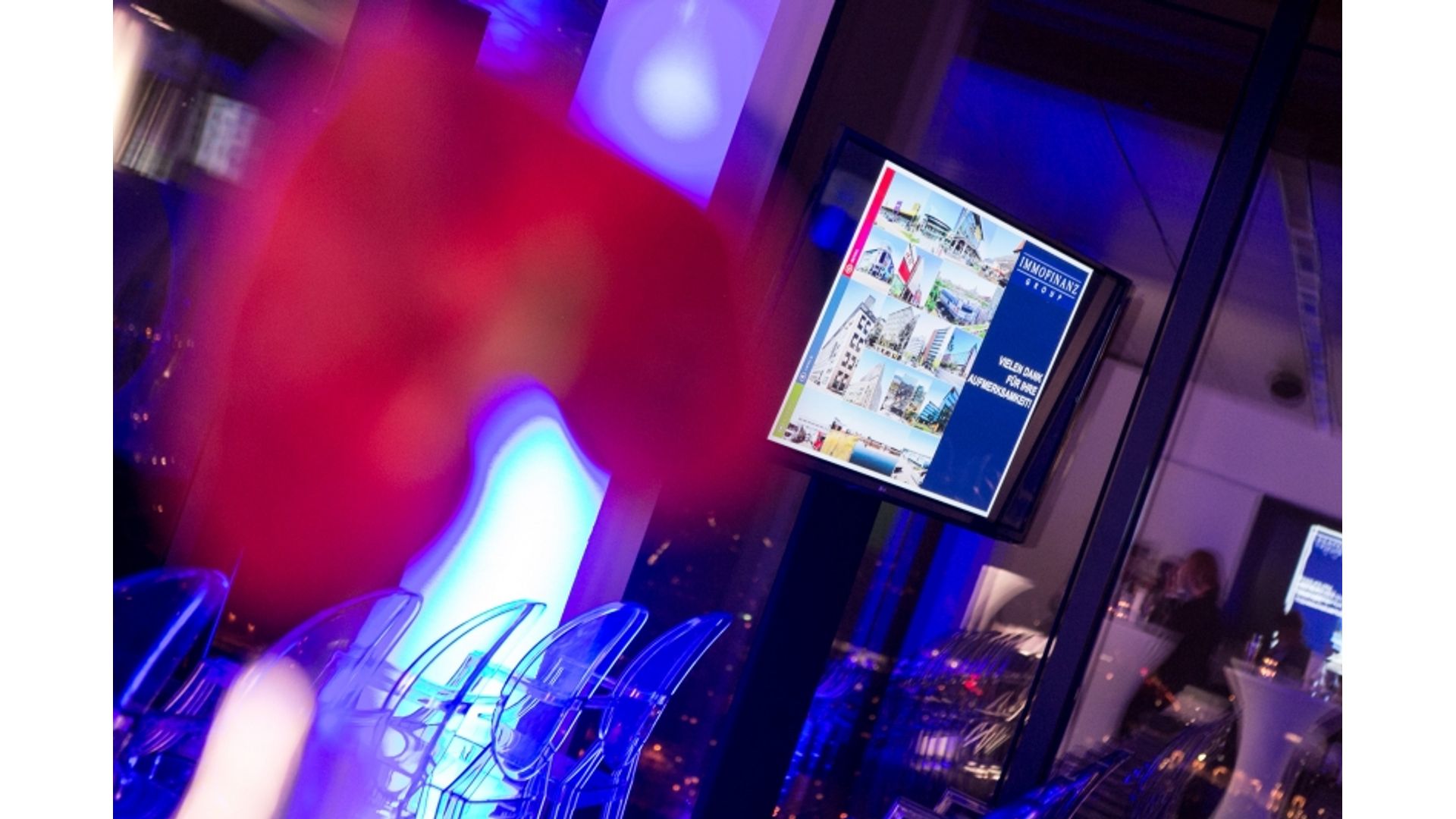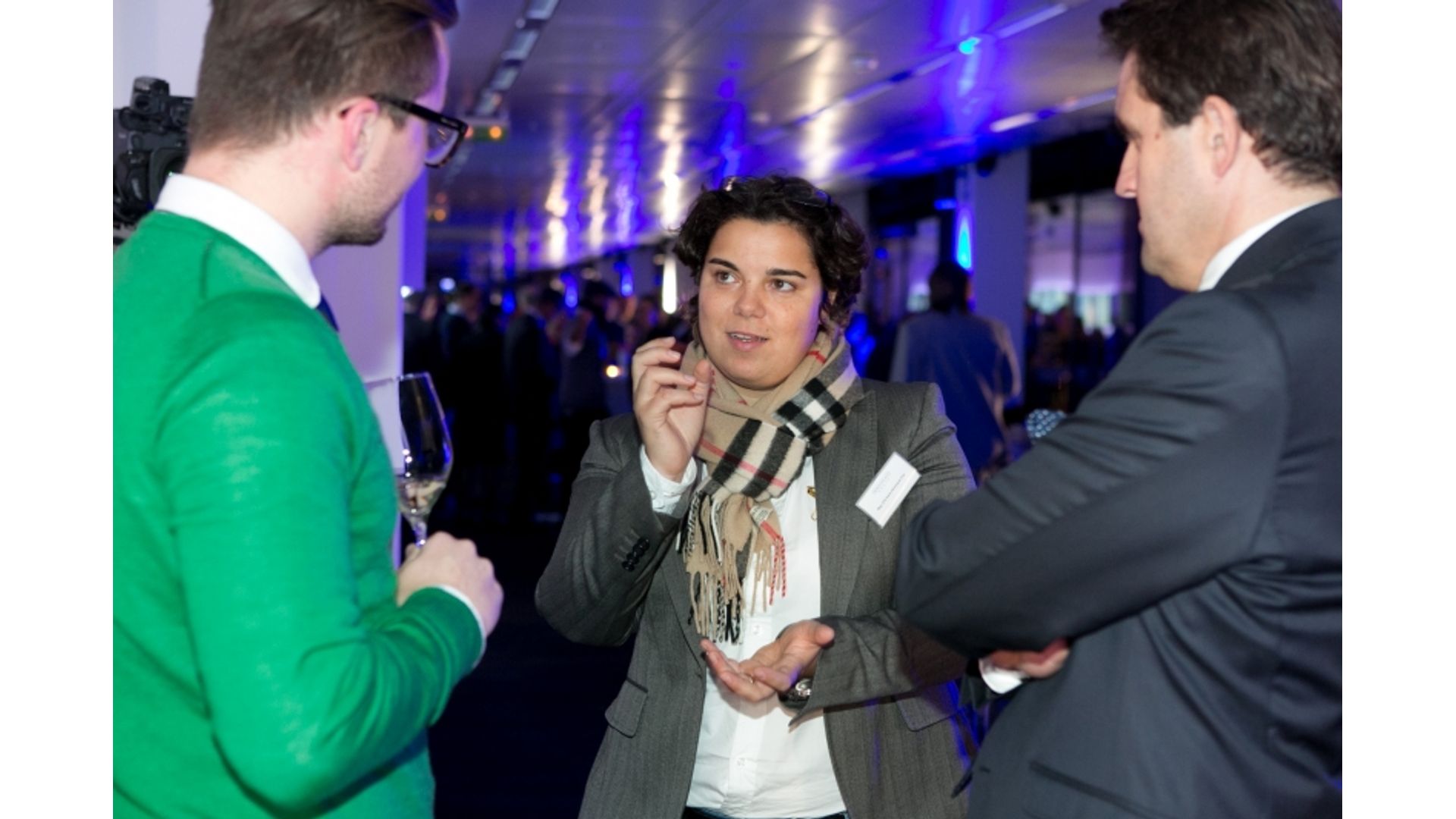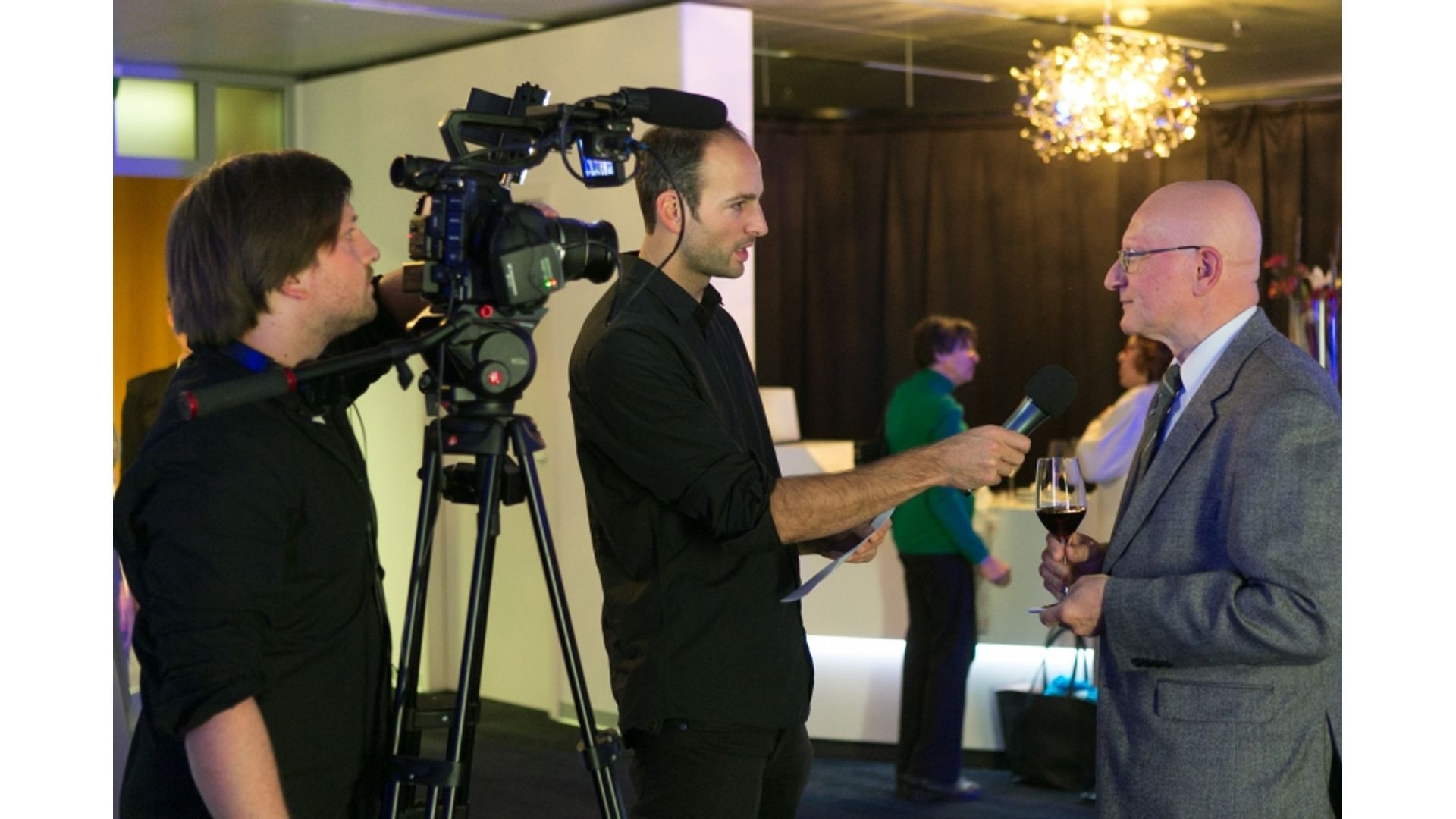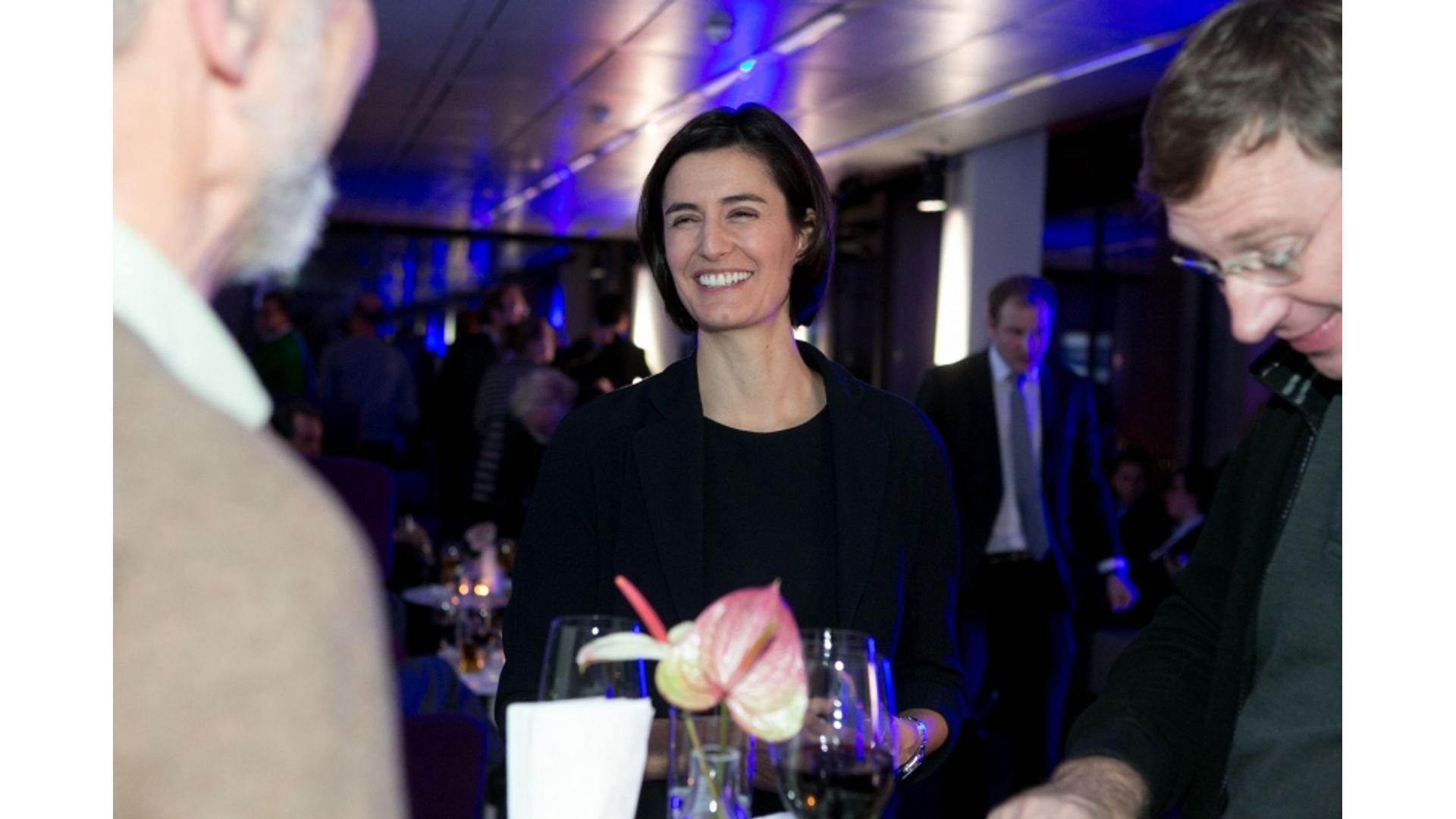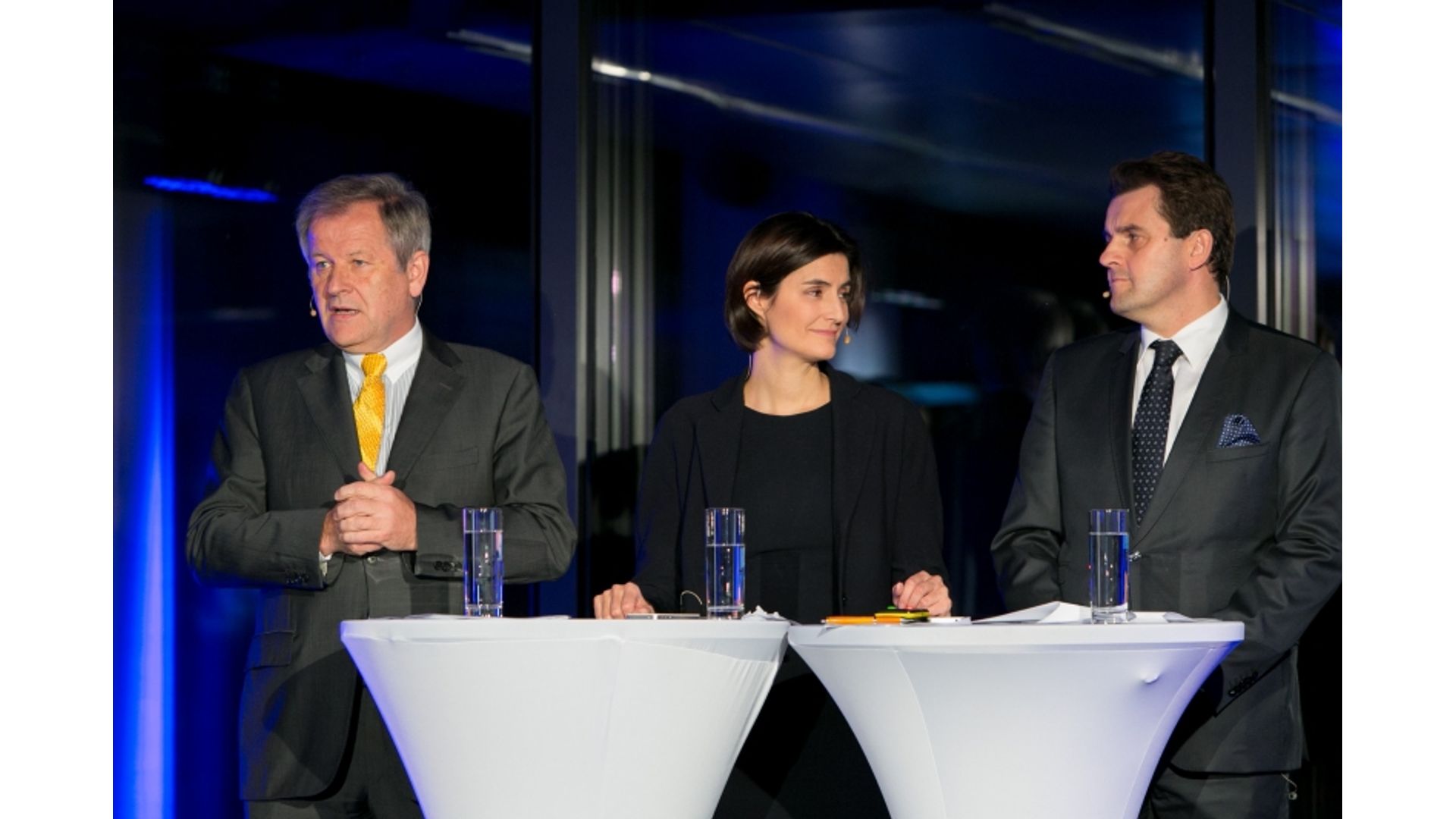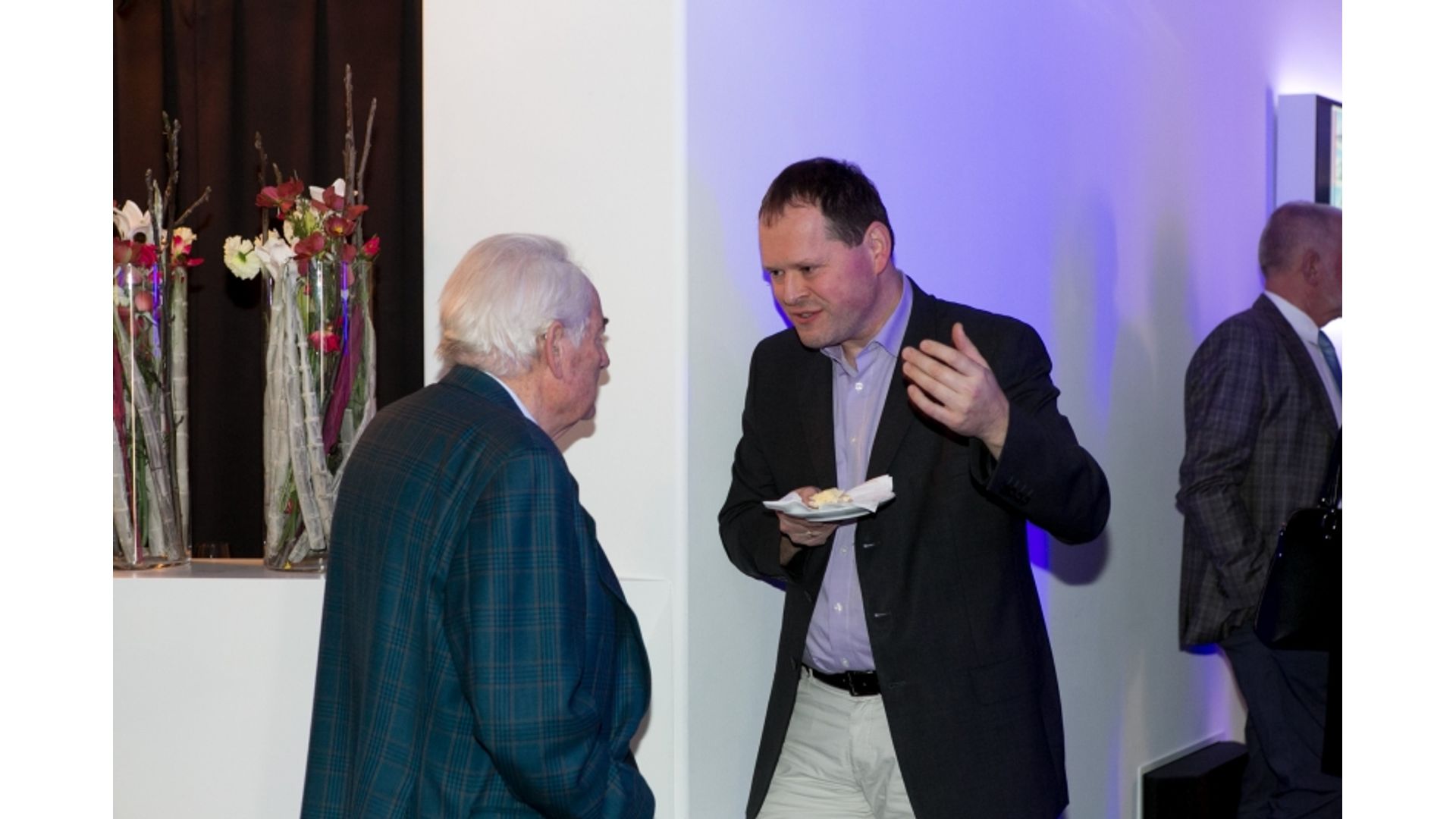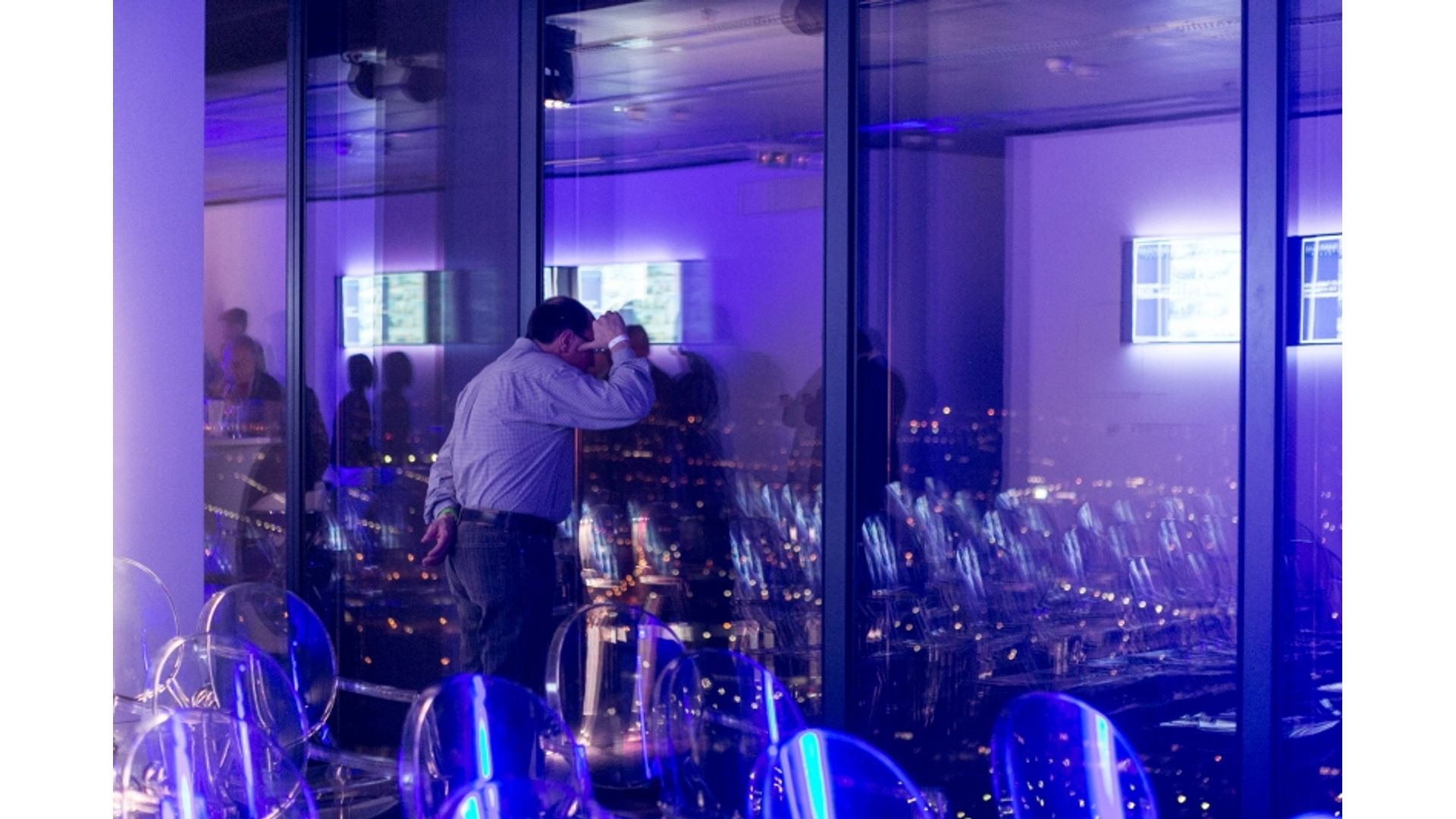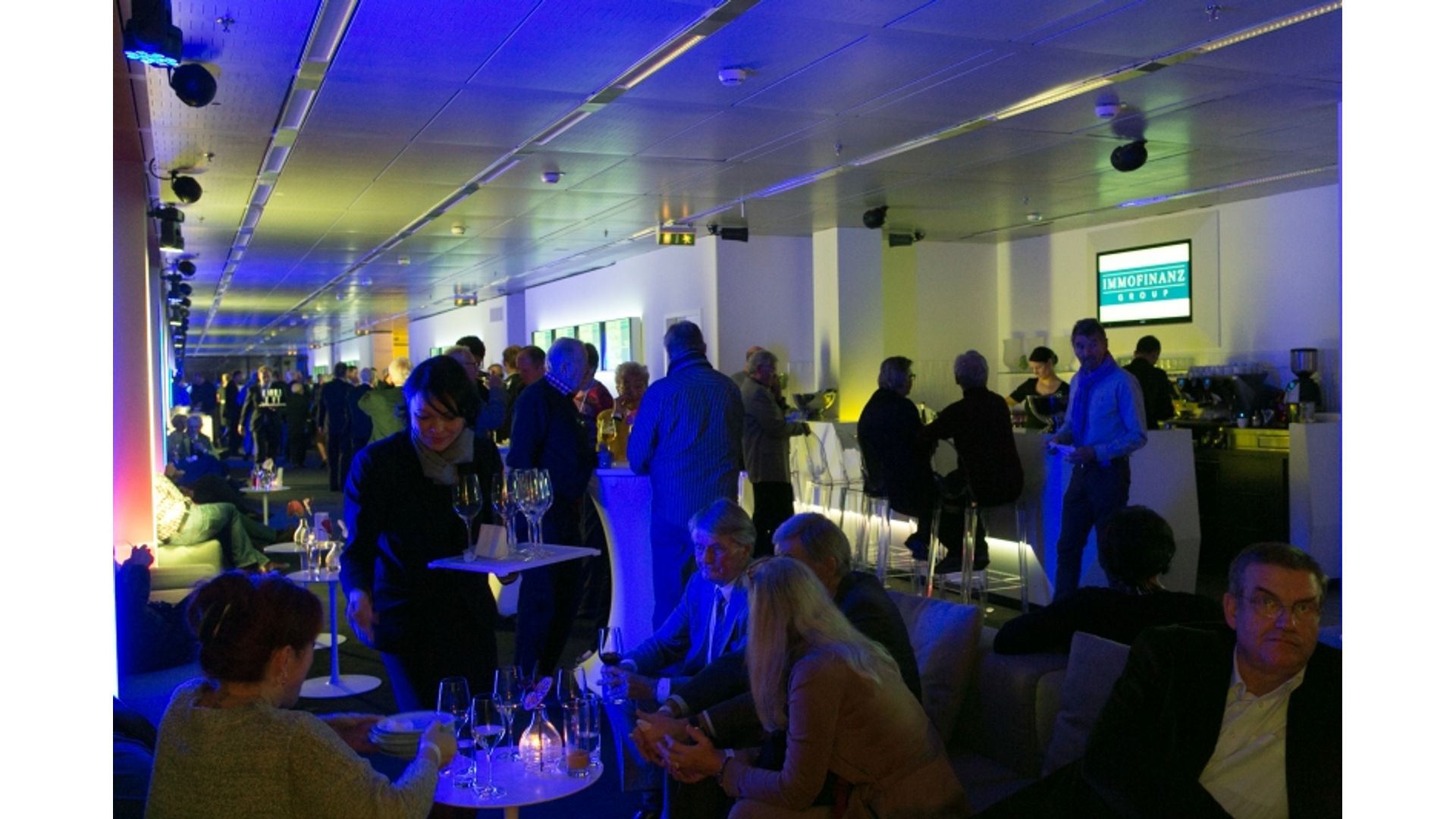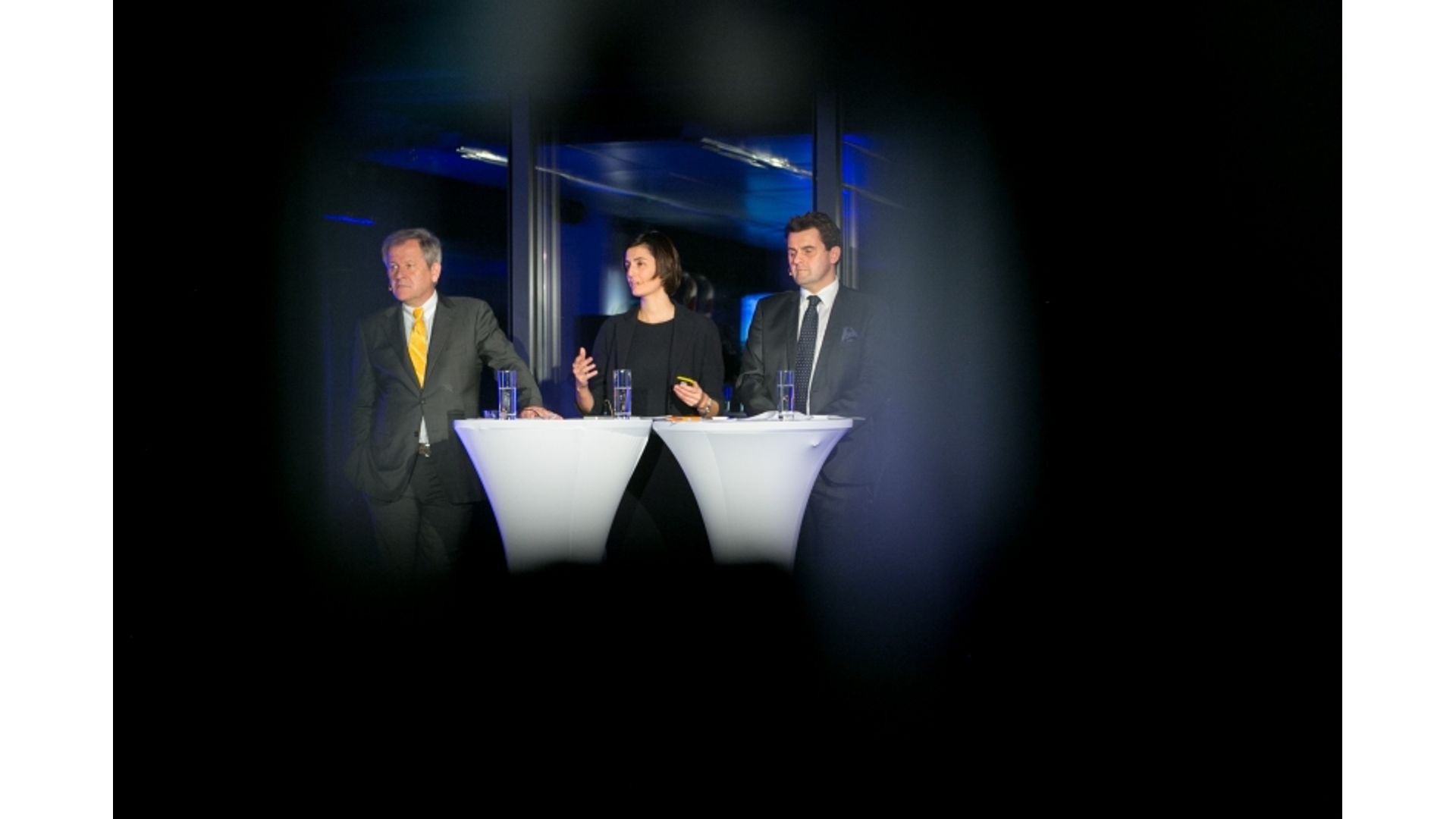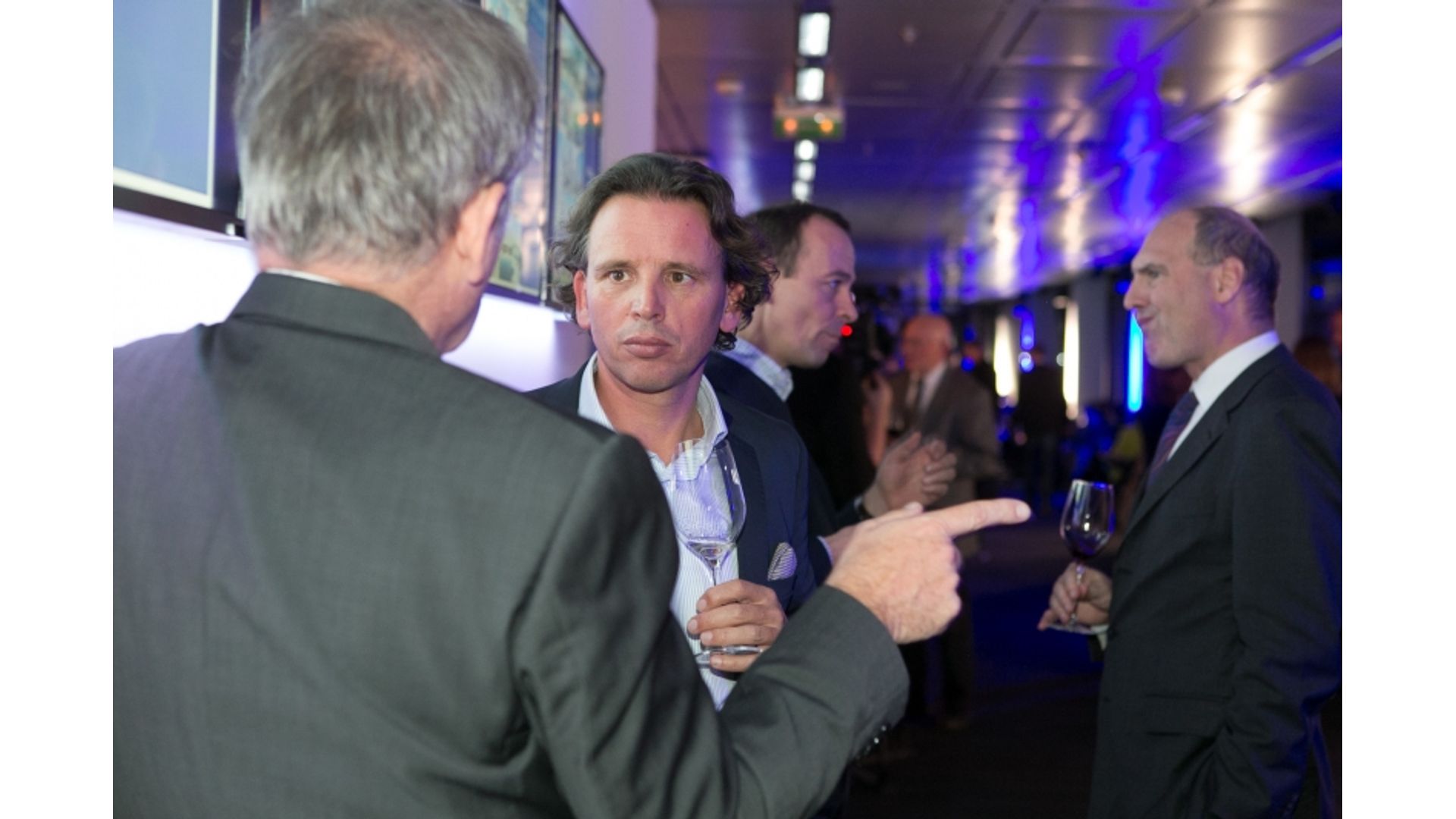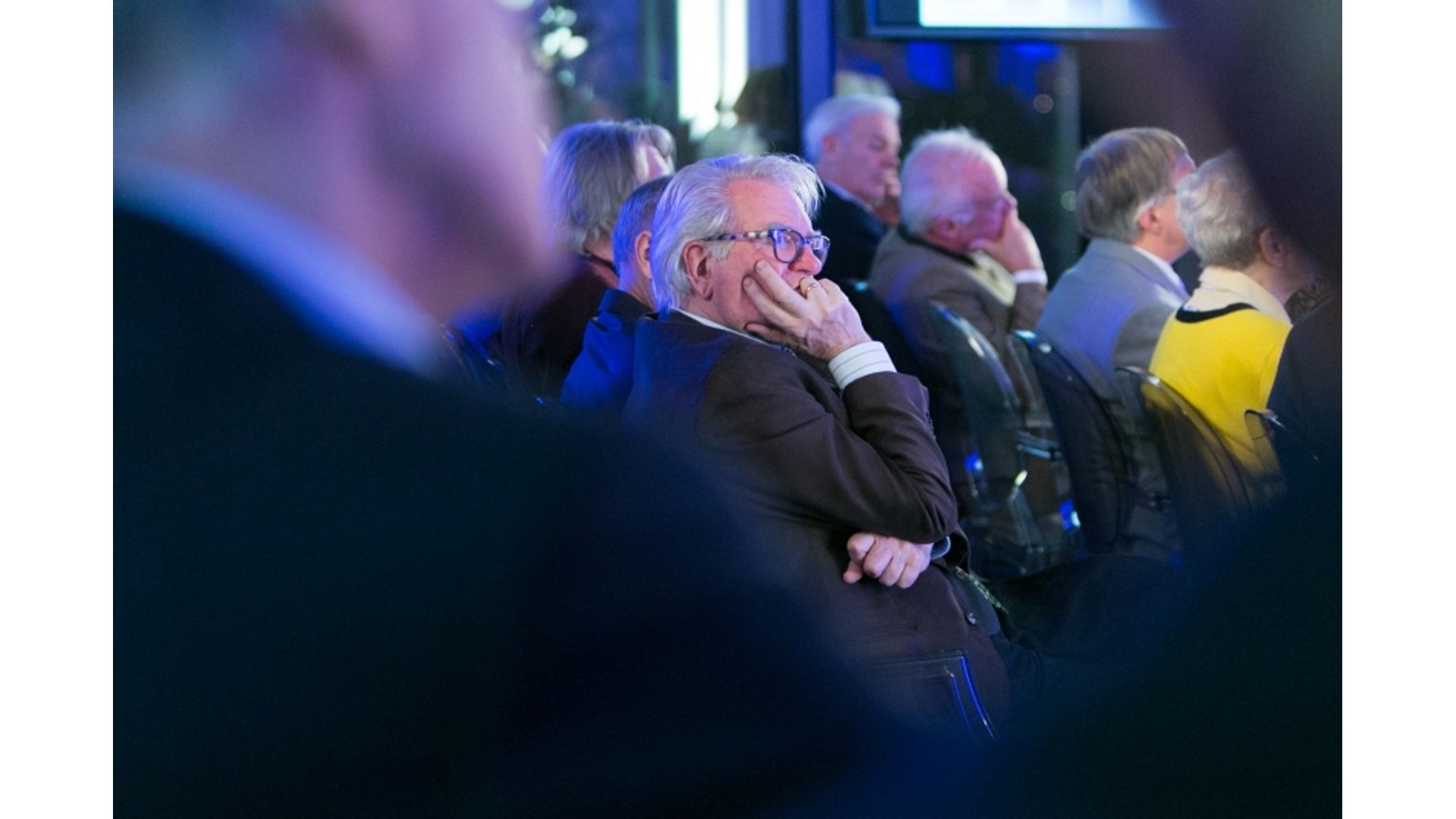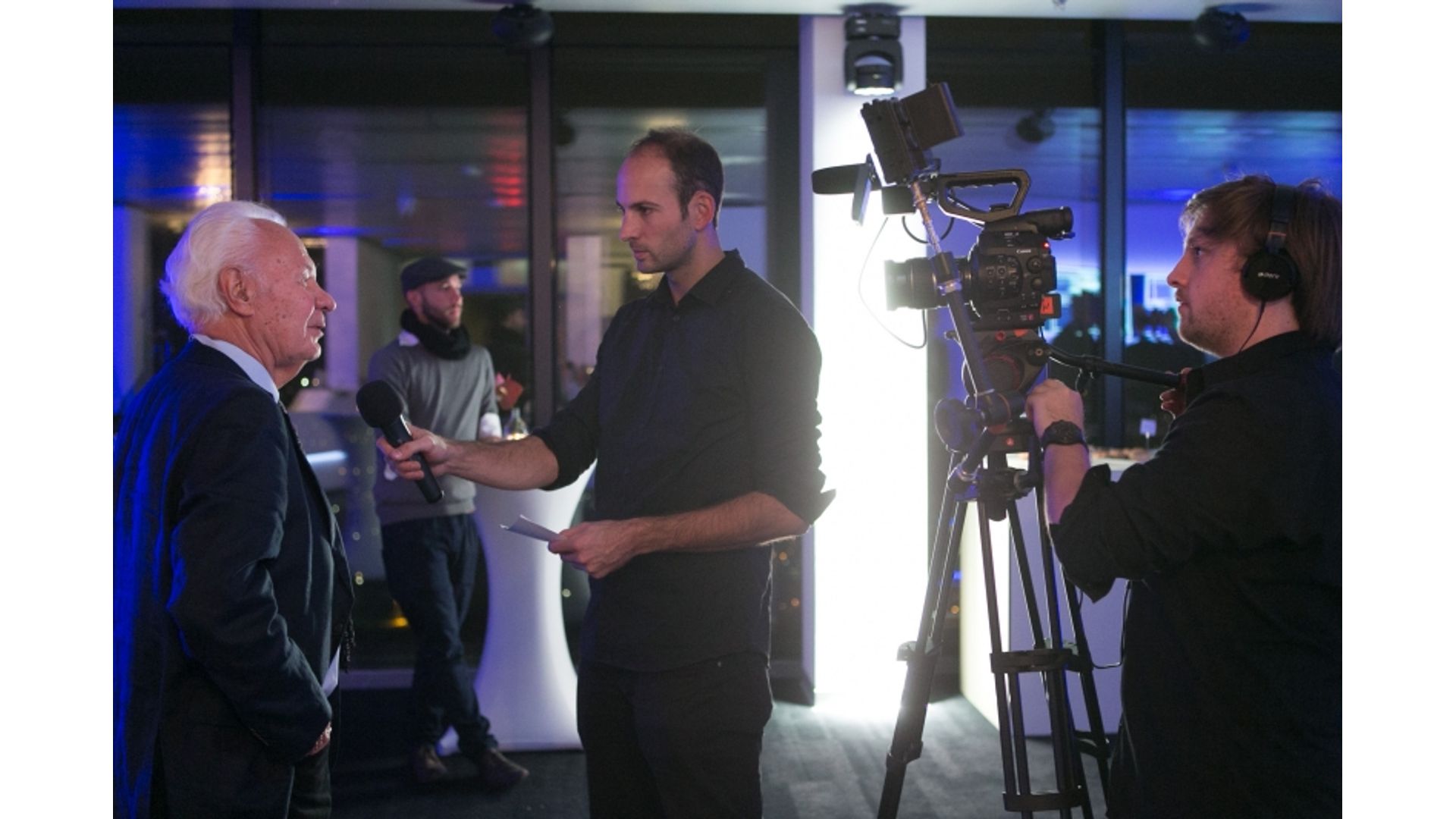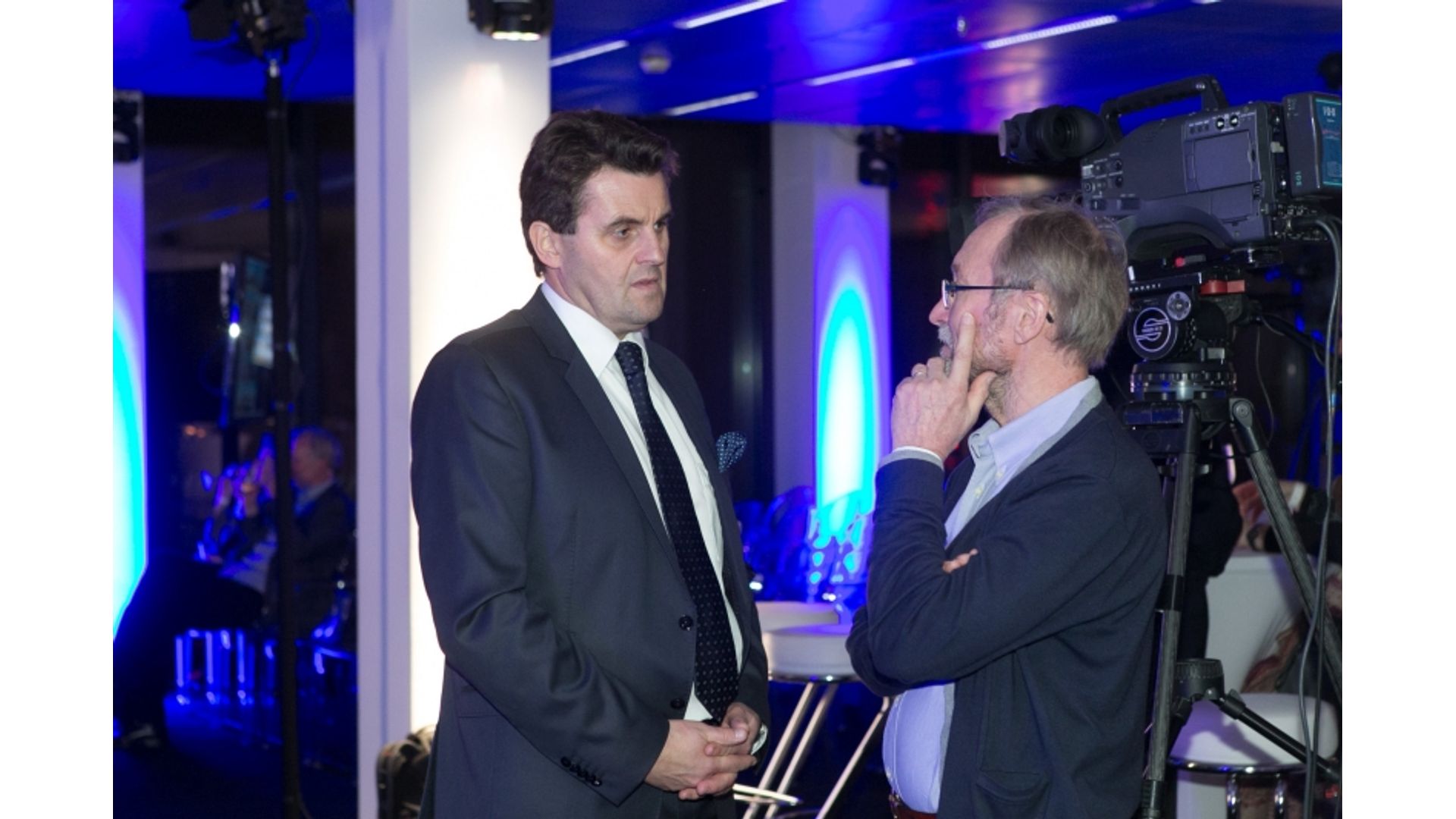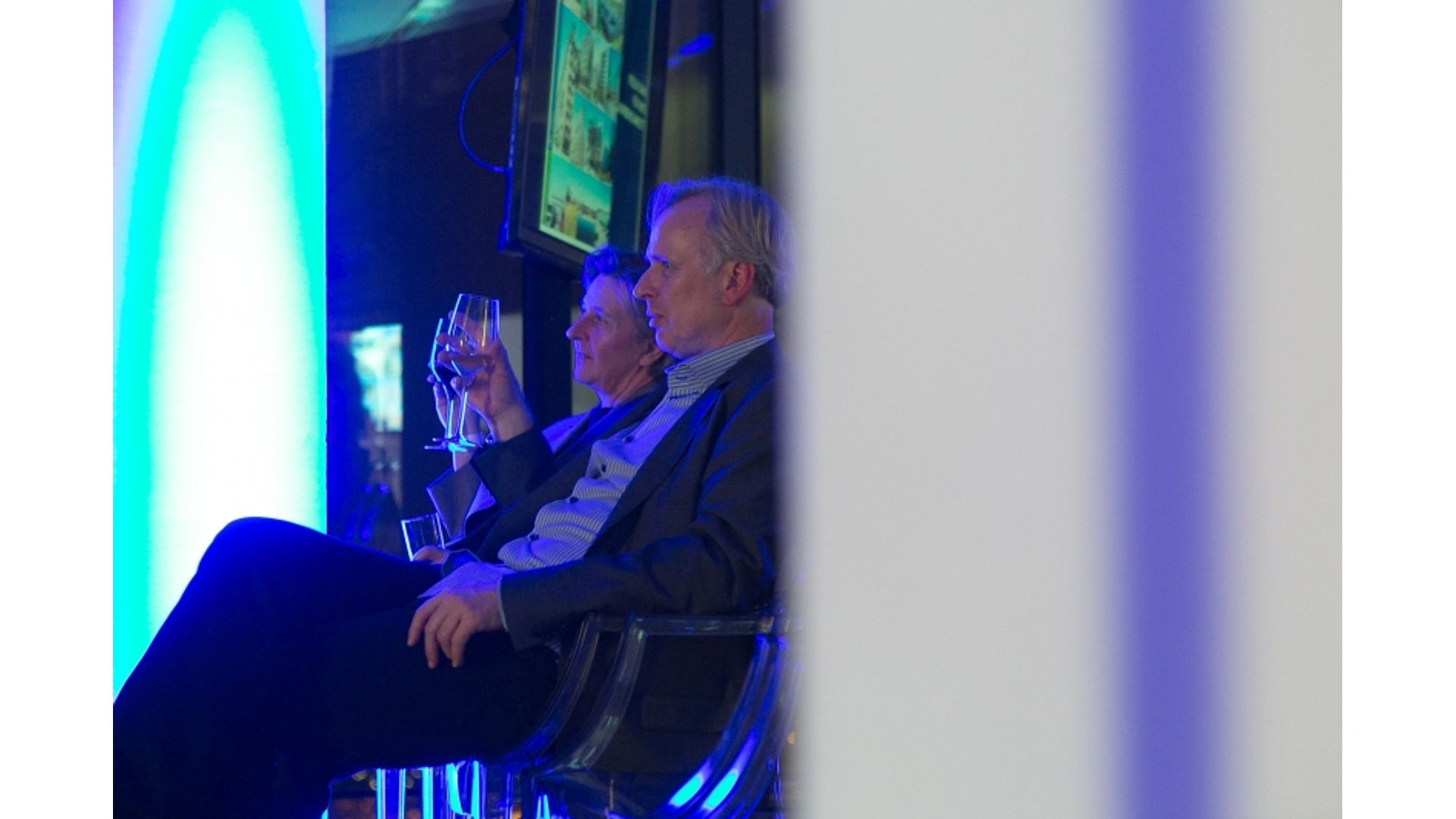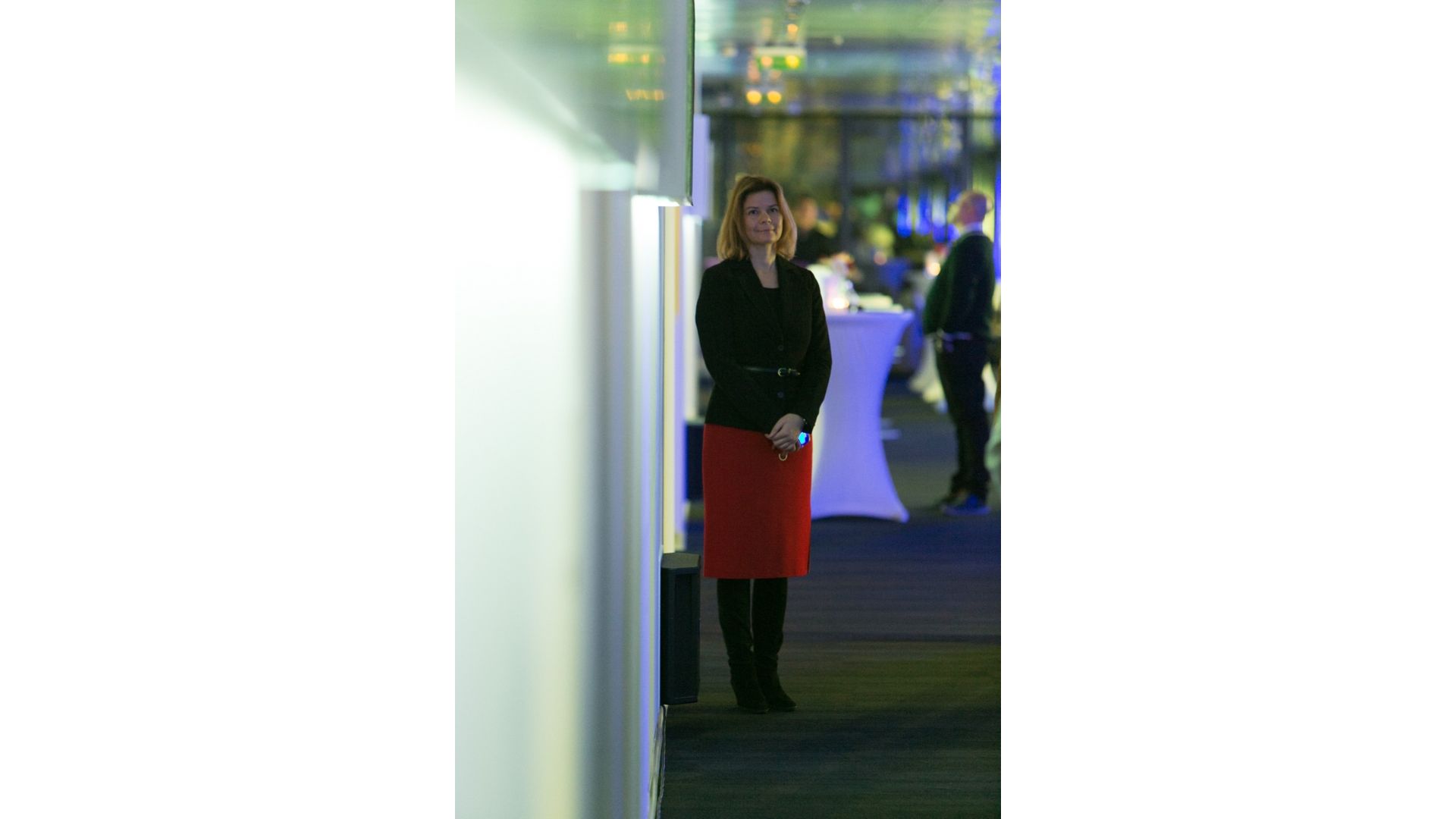Corporate Communications

27.11.2014
That was the IMMOFINANZ Private Investor Roadshow 2014: a short report, video and photos
At our roadshow for private investors, which took place on 24 and 26 November, we welcomed nearly 400 visitors. The interest in the two events was so great that we were unable to accommodate hardly anyone from the waiting list – sorry. But as announced, we're providing a video cut; you can also download the presentation below.In an interview our executive board – CEO Eduard Zehetner, CFO Birgit Noggler and COO Dietmar Reindl – addressed first the intensified commercial property strategy of IMMOFINANZ and stronger CEE orientation as well as current projects. "Eastern Europe is a primary market for us; about two thirds of our business takes place there – and at considerably higher returns than in Western Europe", according to Zehetner. "Of course the conflict in Ukraine and related effects on Russia from sanctions are not encouraging for our business. But if you look at our share price, the Russian properties have already been discounted anyway".
How are the commercial real estate markets developing in IMMOFINANZ's core Eastern European markets at present? "Development in Poland continues to be very positive for retail properties, but in the office segment a certain saturation has become noticeable, particularly in Warsaw.
Development in the Czech Republic and Slovakia is stable, but not exciting. Hungary, on the other hand, is better than its reputation; our retail business functions well there. Romania – where there is an ongoing upturn underway – is a relatively significant source of satisfaction for us. Russia, however, is suffering under the sanctions, which is associated with a weakening of the Ruble. None of this is conducive for our business. The various declines – for instance in rental income and visitor numbers – are in the low one-digit percentage range and in that respect are feasible", Zehetner sums up.
Concerning the transaction market in Eastern Europe (excluding Russia), more and more money is flowing into Eastern European properties. "We expect this trend to continue".
The strong deterioration of the ruble is causing particular problems for the tenants in our Russian shopping centres. For this means higher costs for them (as the agreements are concluded in dollars). "As a result, we have to talk to our tenants and respond to their needs. In this regard, we have and will grant temporary reductions in rent", Zehetner says.
In general, a subdued sentiment is noticeable in Russian retail: retailer revenues are several points weaker, footfall, which is the number of visitors in a shopping centre, is about the same or a bit less (depending on the centre). To sum up, IMMOFINANZ reported like-for-like an increase of rental income in Russia in the first quarter of 2014/15 compared to the final quarter of 2013/14. "We will not be able to maintain that for the entire year".
Regarding further developments, "when reviewing new investments in Moscow, we of course expect them to be long term and more robust". Investing will nevertheless continue, even if "we'll no longer be making the big investment decisions of our predecessors", says Zehetner, commenting on the volume. "But we've made the best of it". And: "We expect this crisis to end – just like every other one in the past".
Below you can find some pictures of the first evening. More impressions, as well as videos and documents you will find on the website: http://privatanleger.immofinanz.com (German only)
How are the commercial real estate markets developing in IMMOFINANZ's core Eastern European markets at present? "Development in Poland continues to be very positive for retail properties, but in the office segment a certain saturation has become noticeable, particularly in Warsaw.
Development in the Czech Republic and Slovakia is stable, but not exciting. Hungary, on the other hand, is better than its reputation; our retail business functions well there. Romania – where there is an ongoing upturn underway – is a relatively significant source of satisfaction for us. Russia, however, is suffering under the sanctions, which is associated with a weakening of the Ruble. None of this is conducive for our business. The various declines – for instance in rental income and visitor numbers – are in the low one-digit percentage range and in that respect are feasible", Zehetner sums up.
Concerning the transaction market in Eastern Europe (excluding Russia), more and more money is flowing into Eastern European properties. "We expect this trend to continue".
The strong deterioration of the ruble is causing particular problems for the tenants in our Russian shopping centres. For this means higher costs for them (as the agreements are concluded in dollars). "As a result, we have to talk to our tenants and respond to their needs. In this regard, we have and will grant temporary reductions in rent", Zehetner says.
In general, a subdued sentiment is noticeable in Russian retail: retailer revenues are several points weaker, footfall, which is the number of visitors in a shopping centre, is about the same or a bit less (depending on the centre). To sum up, IMMOFINANZ reported like-for-like an increase of rental income in Russia in the first quarter of 2014/15 compared to the final quarter of 2013/14. "We will not be able to maintain that for the entire year".
Regarding further developments, "when reviewing new investments in Moscow, we of course expect them to be long term and more robust". Investing will nevertheless continue, even if "we'll no longer be making the big investment decisions of our predecessors", says Zehetner, commenting on the volume. "But we've made the best of it". And: "We expect this crisis to end – just like every other one in the past".
Below you can find some pictures of the first evening. More impressions, as well as videos and documents you will find on the website: http://privatanleger.immofinanz.com (German only)
